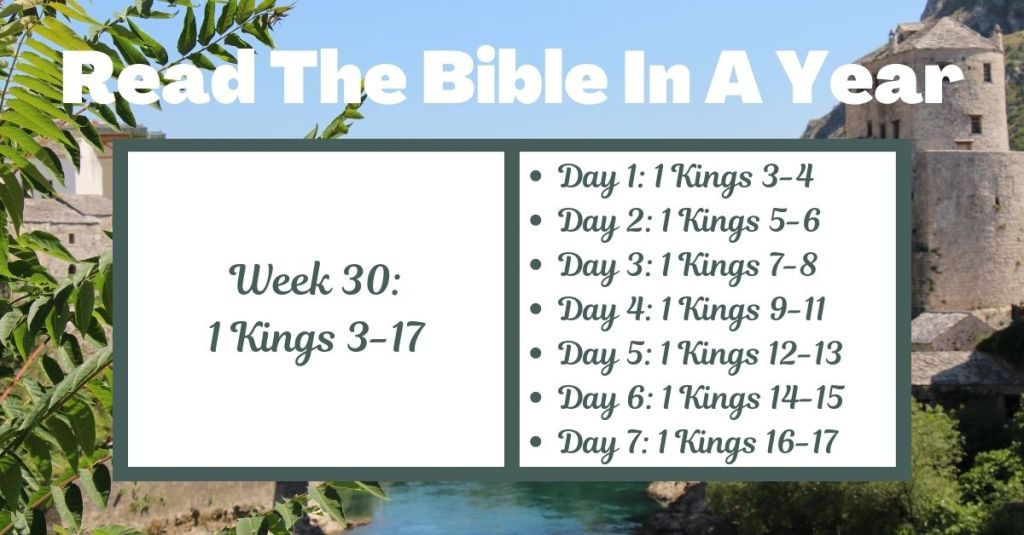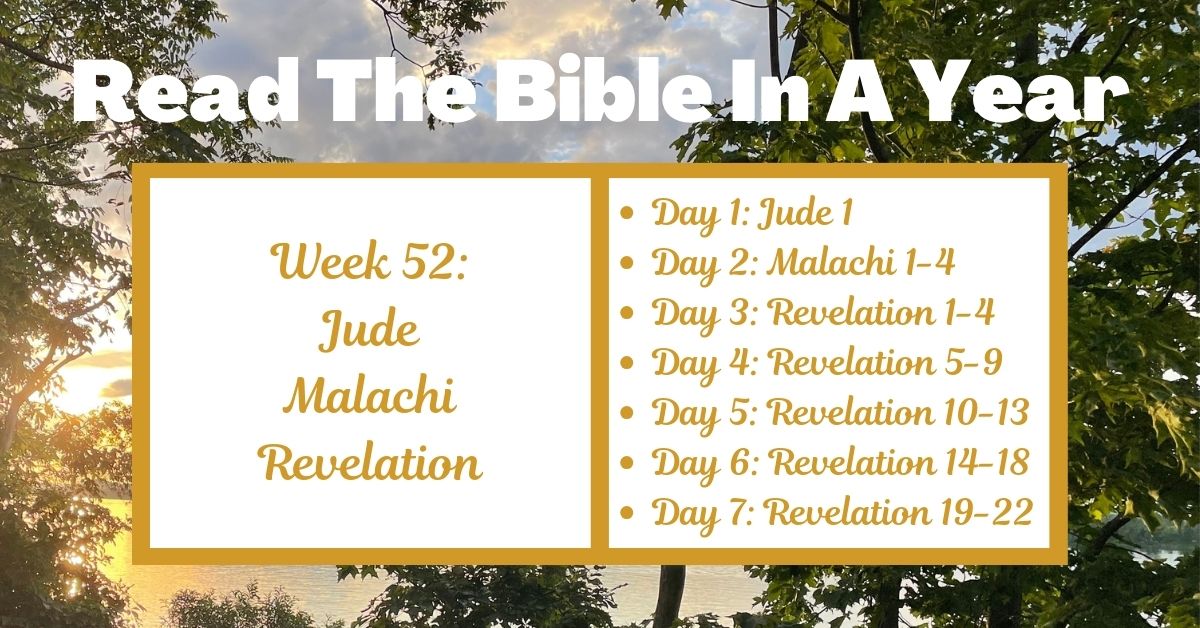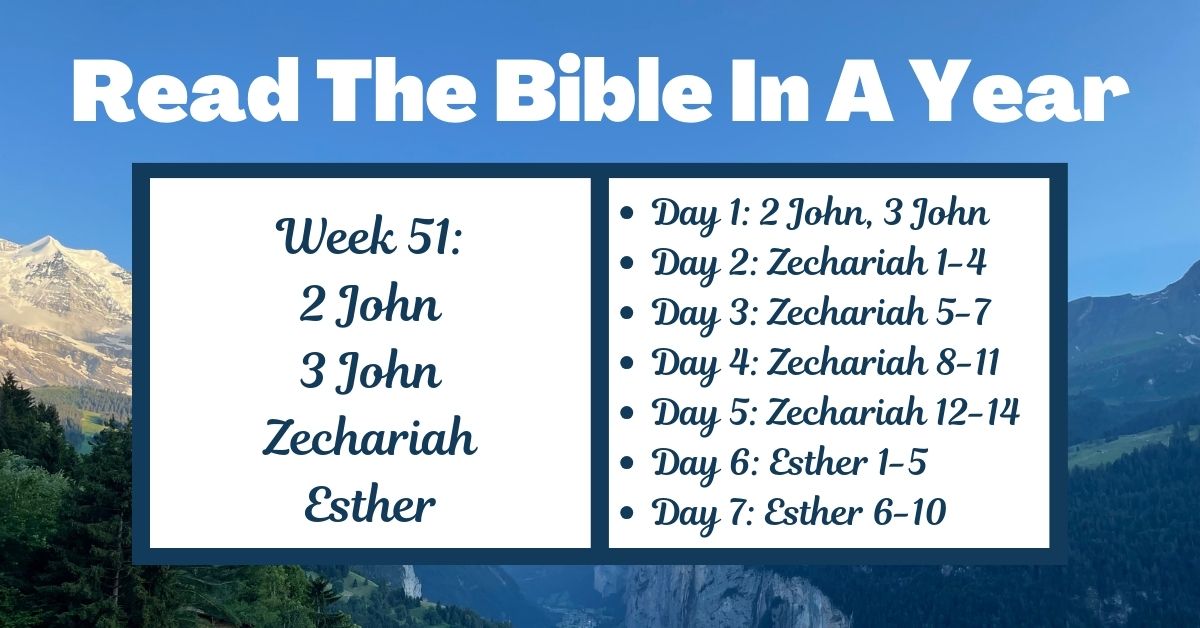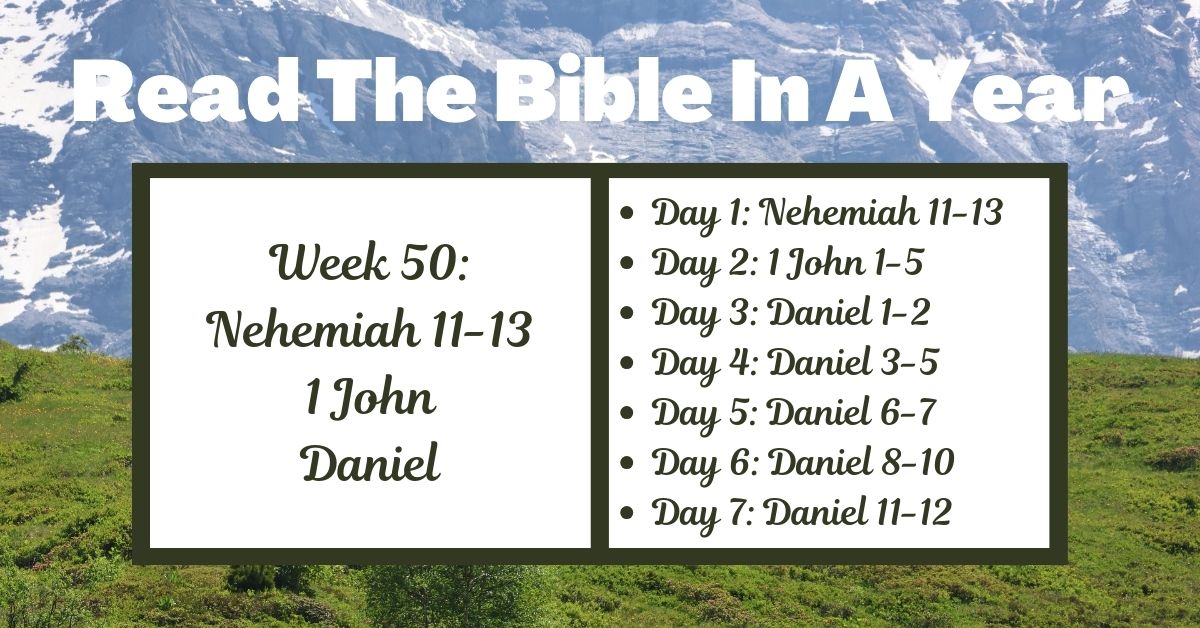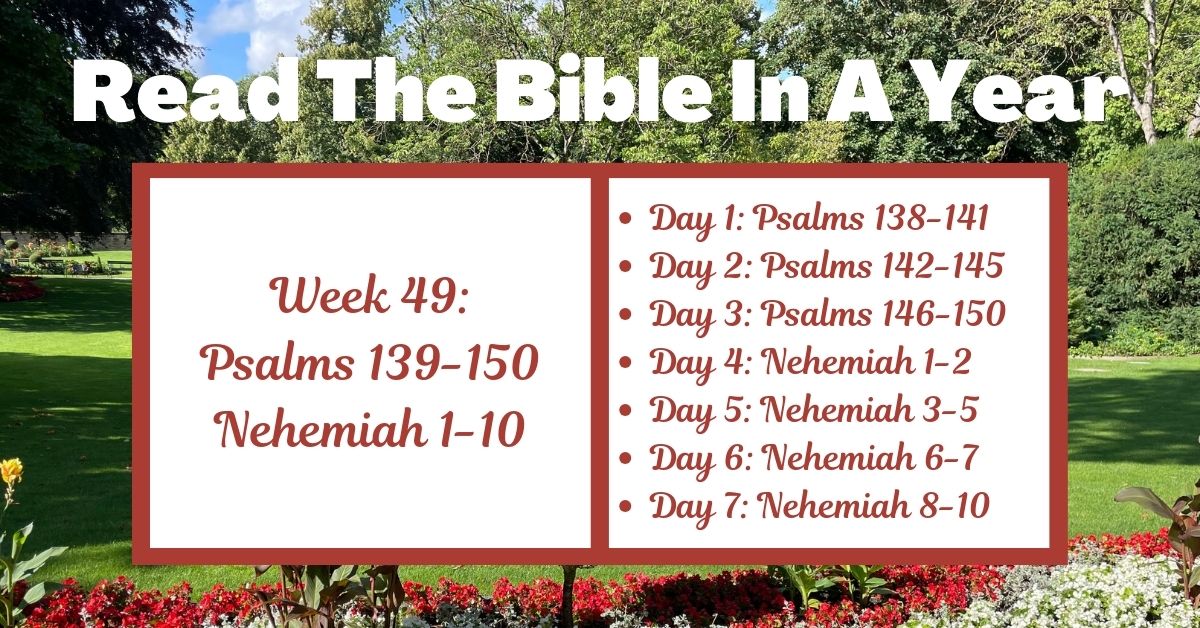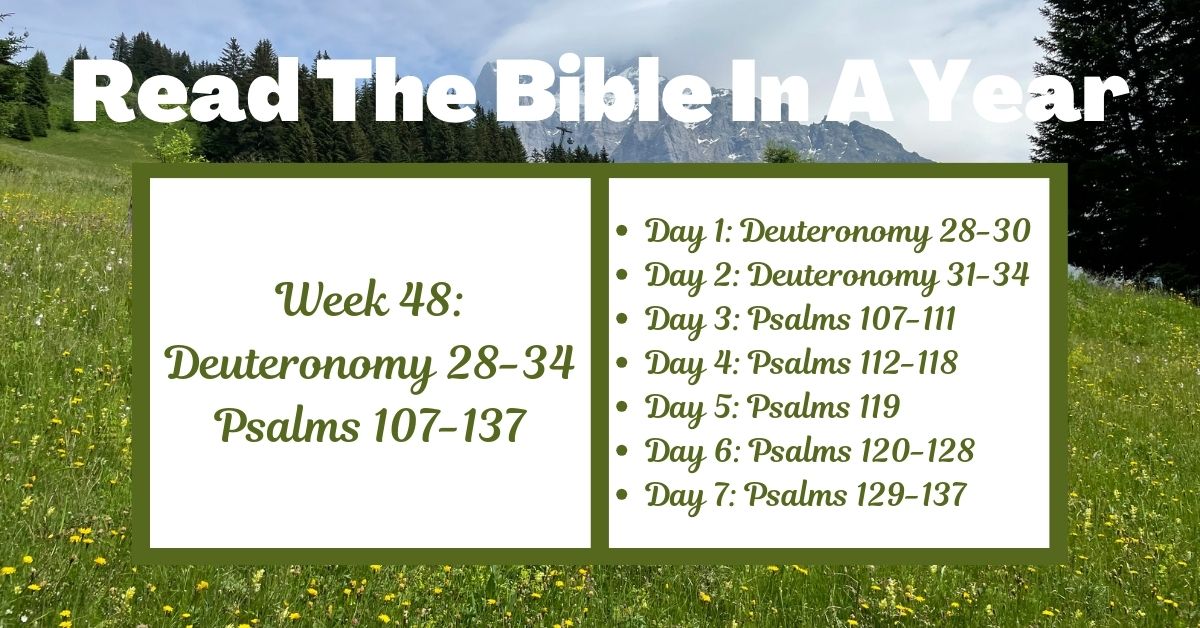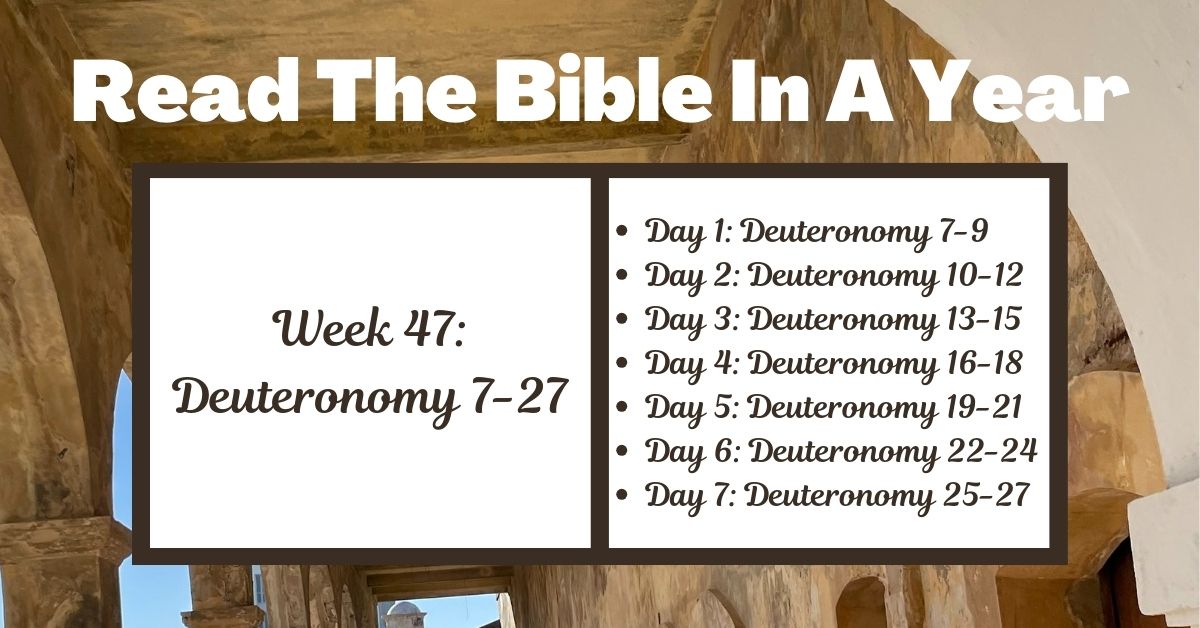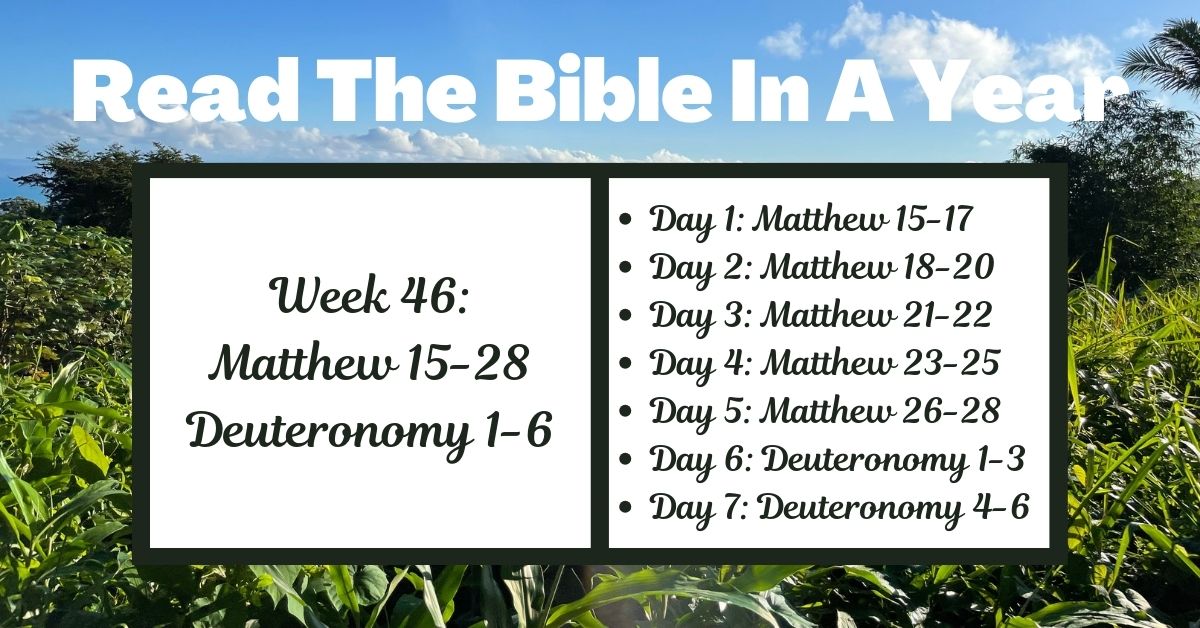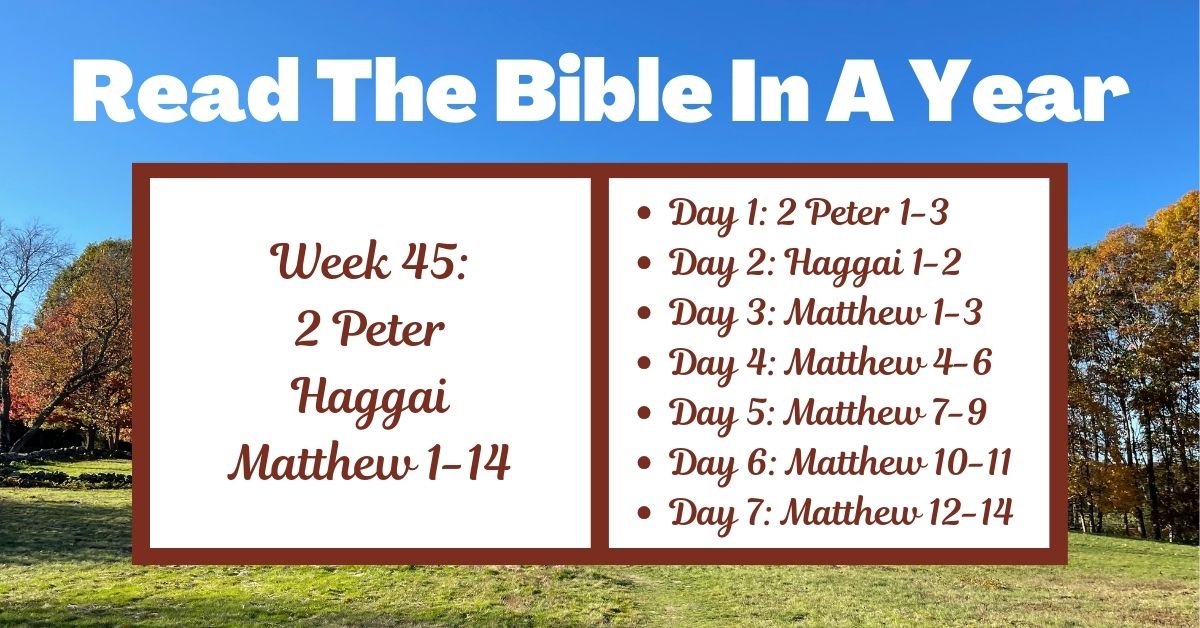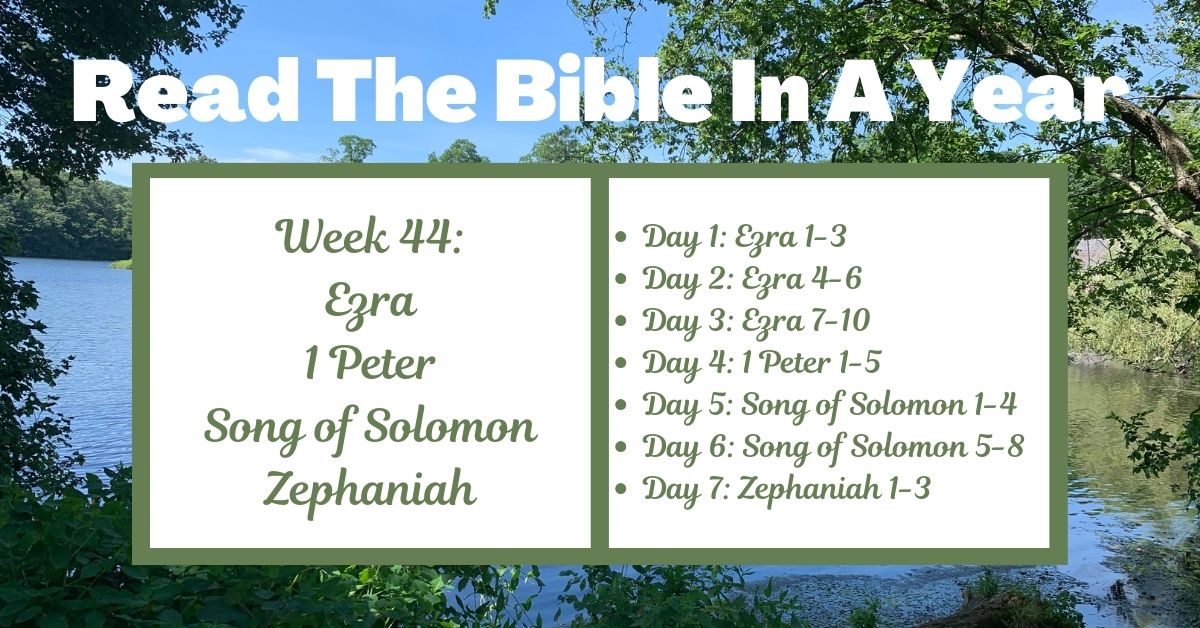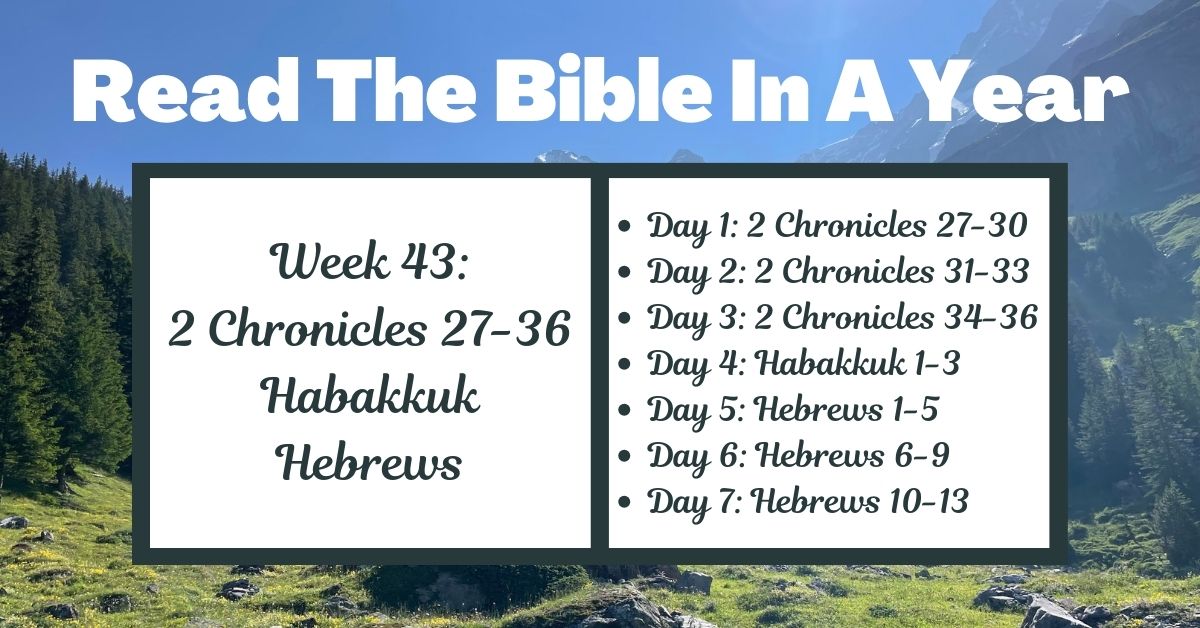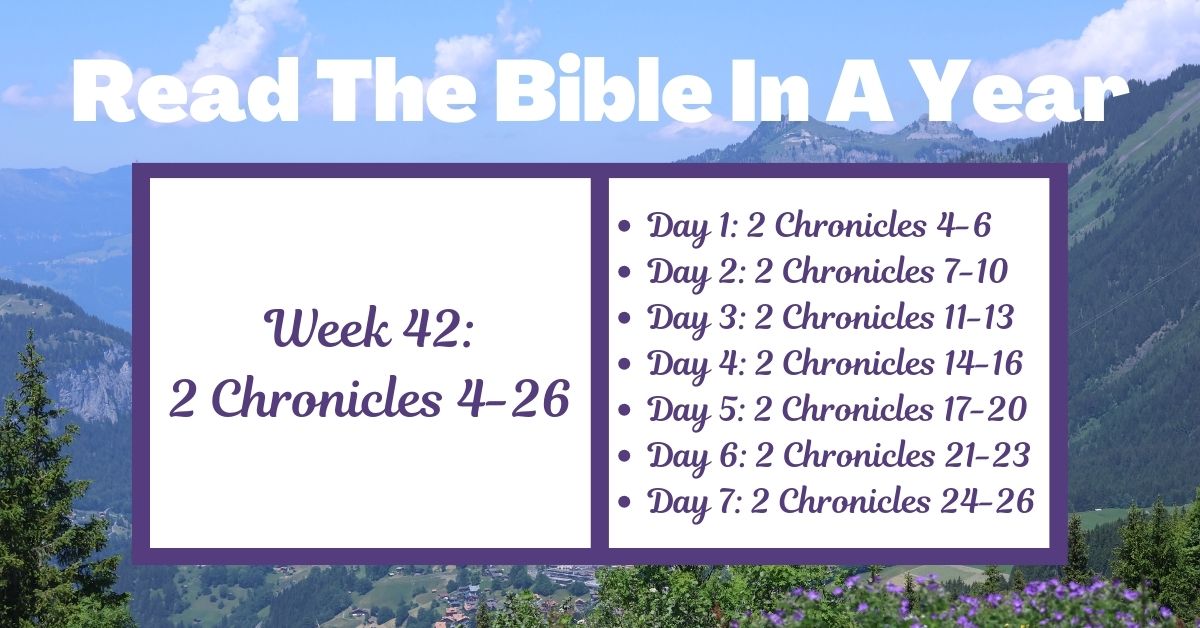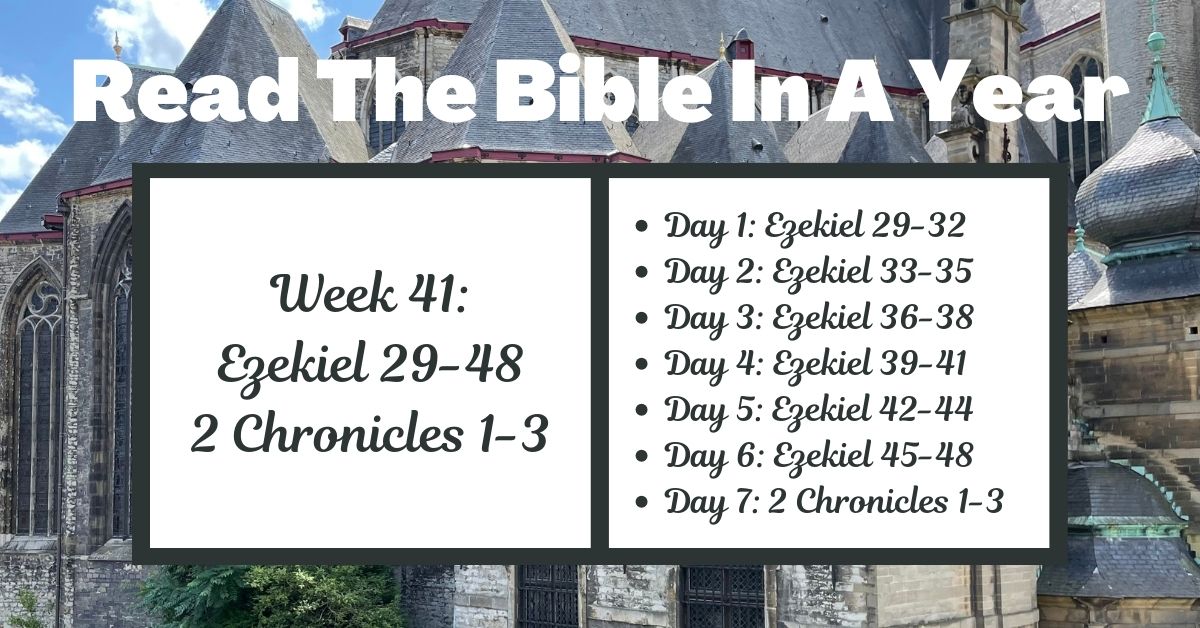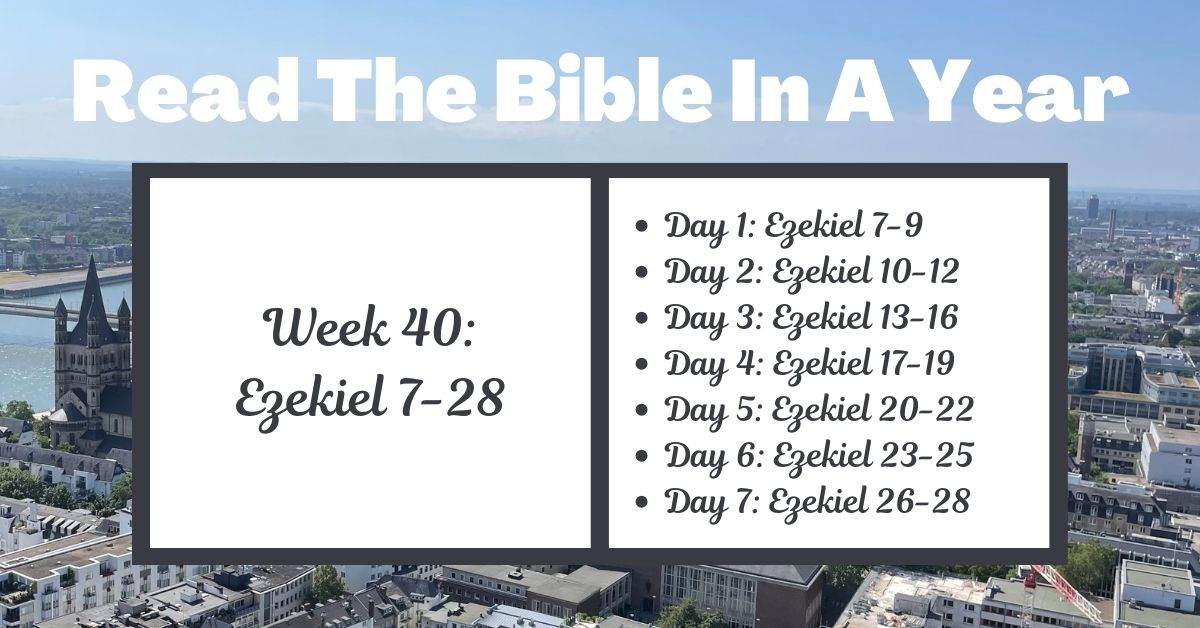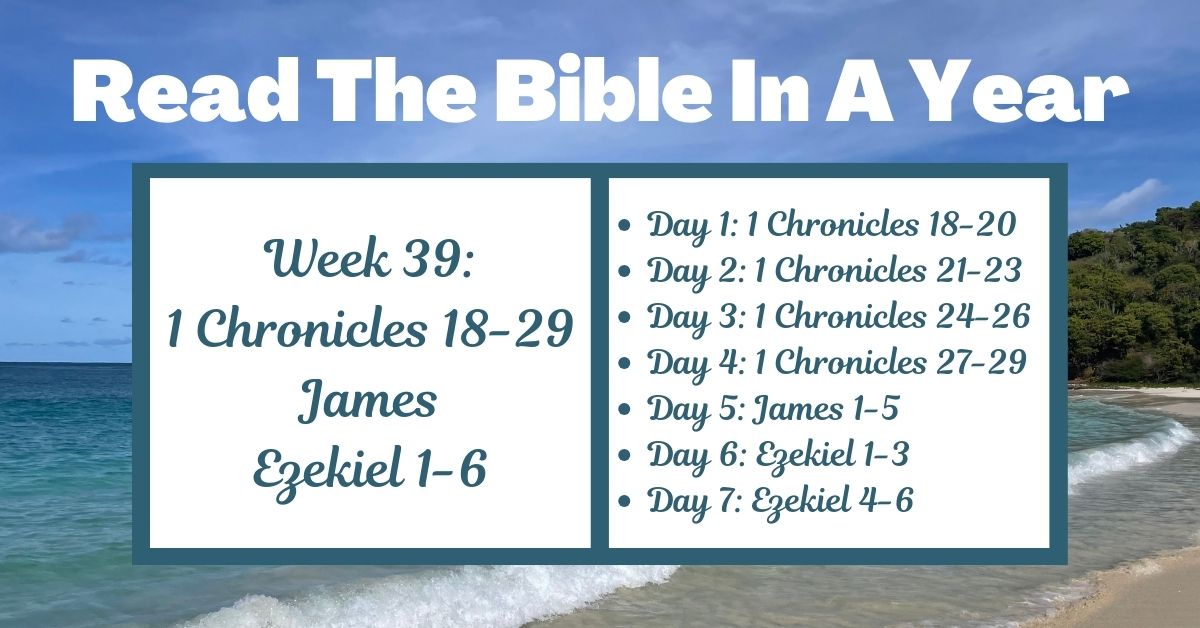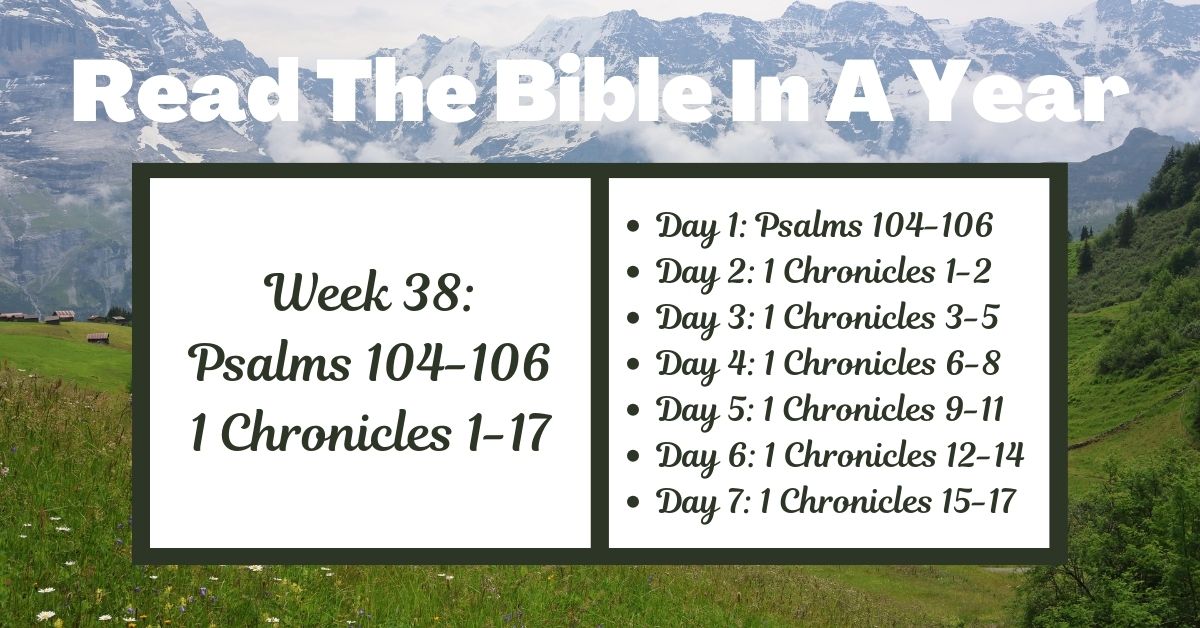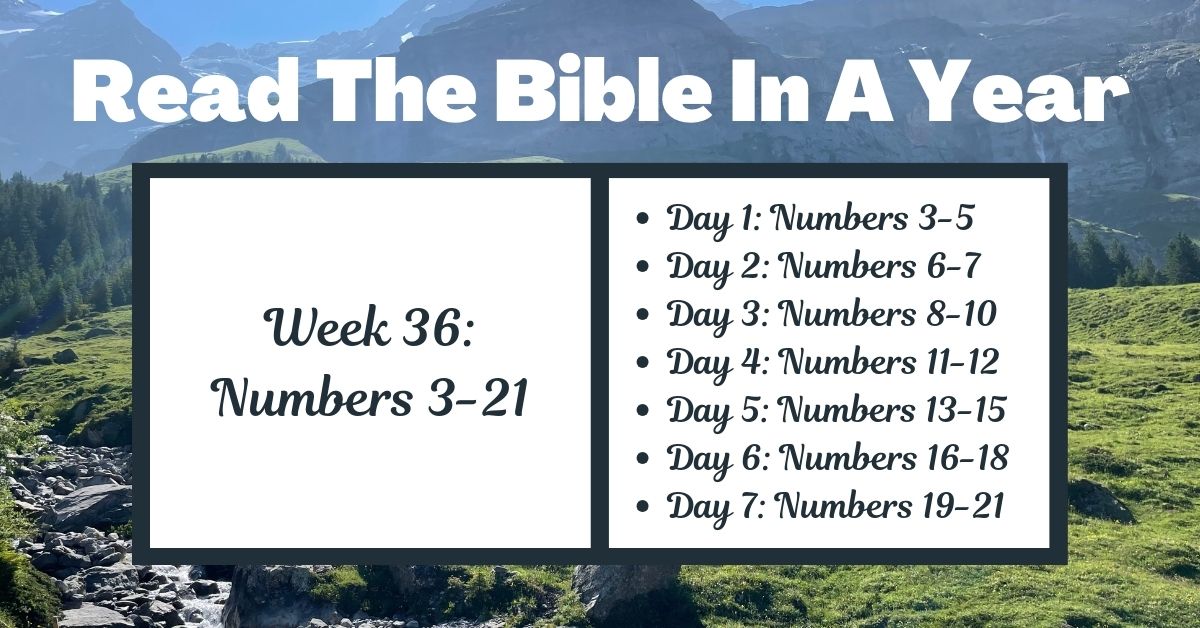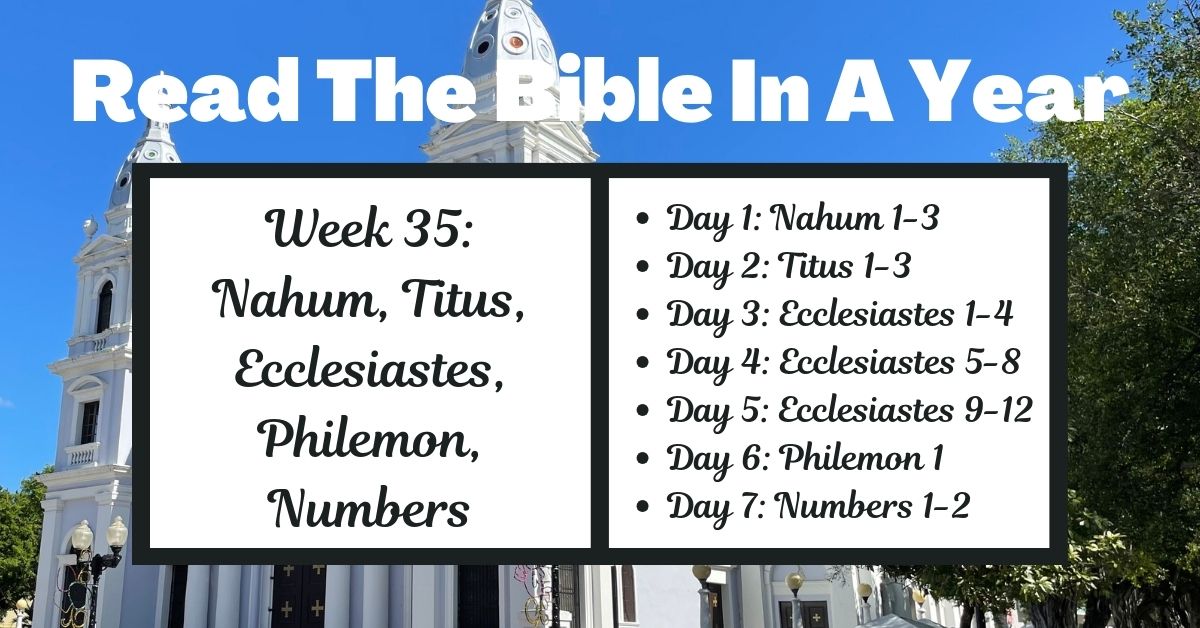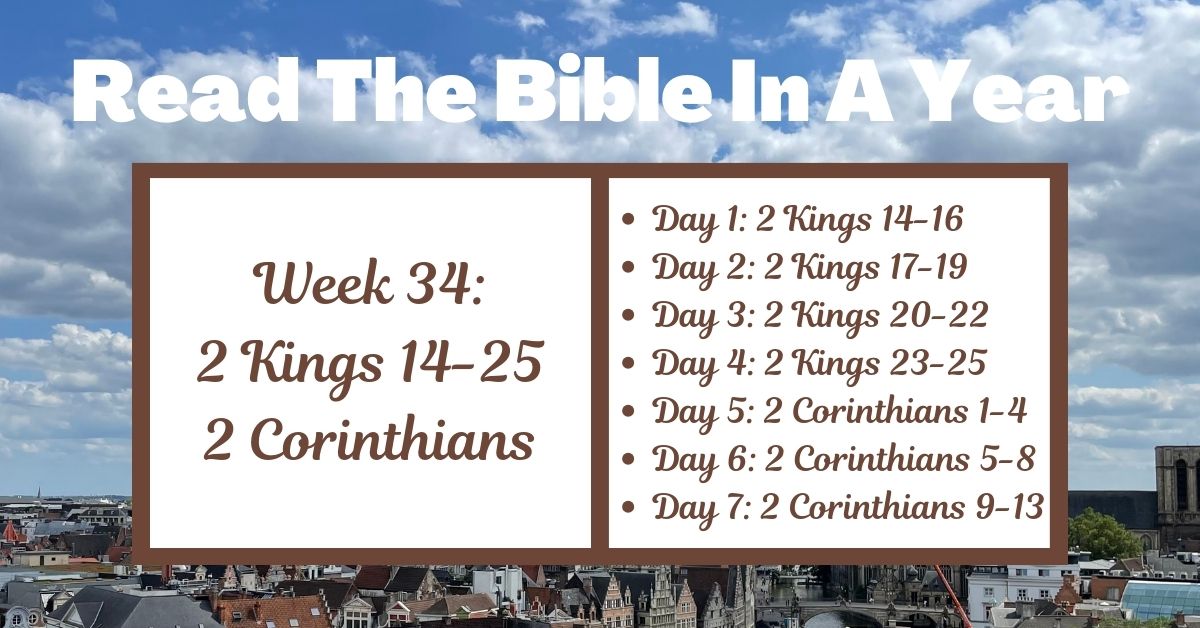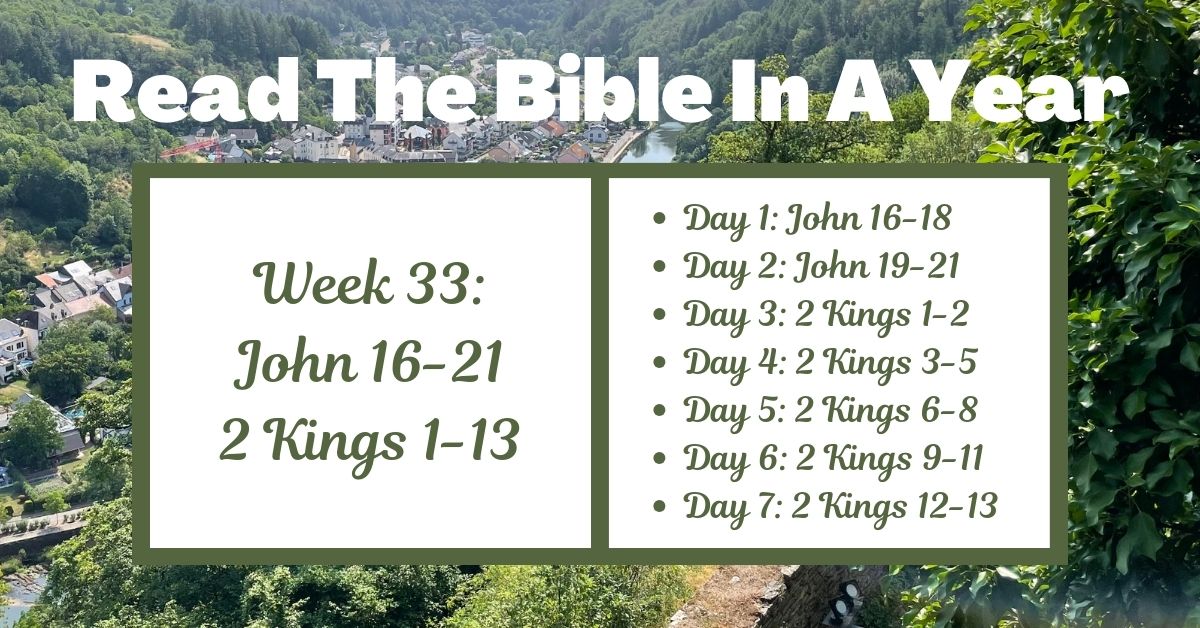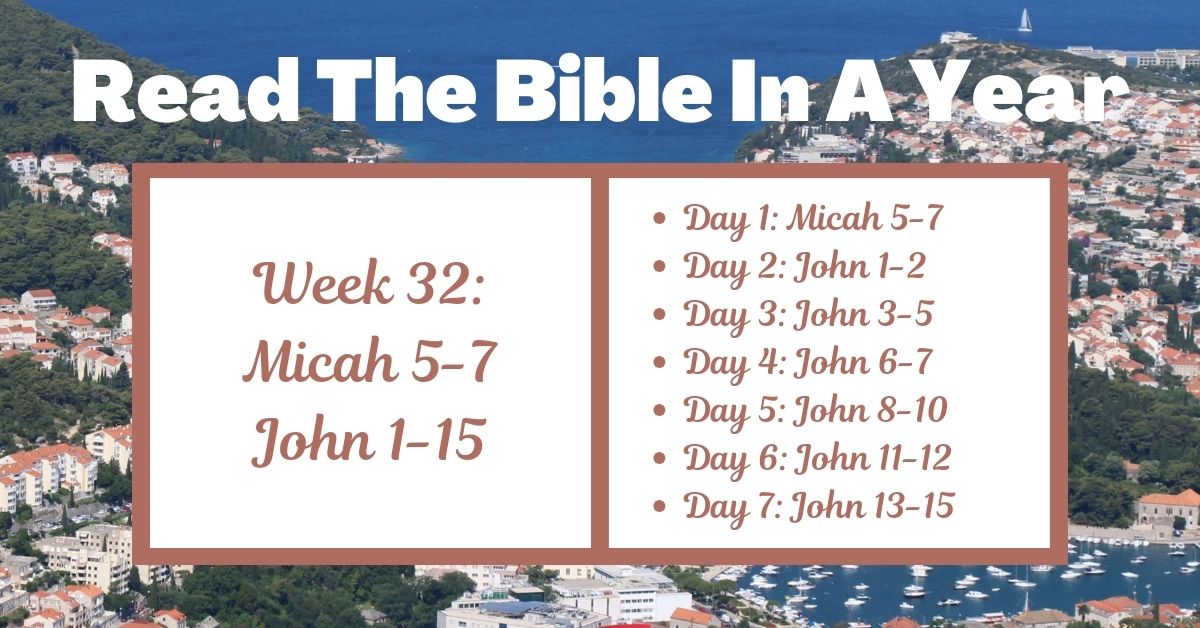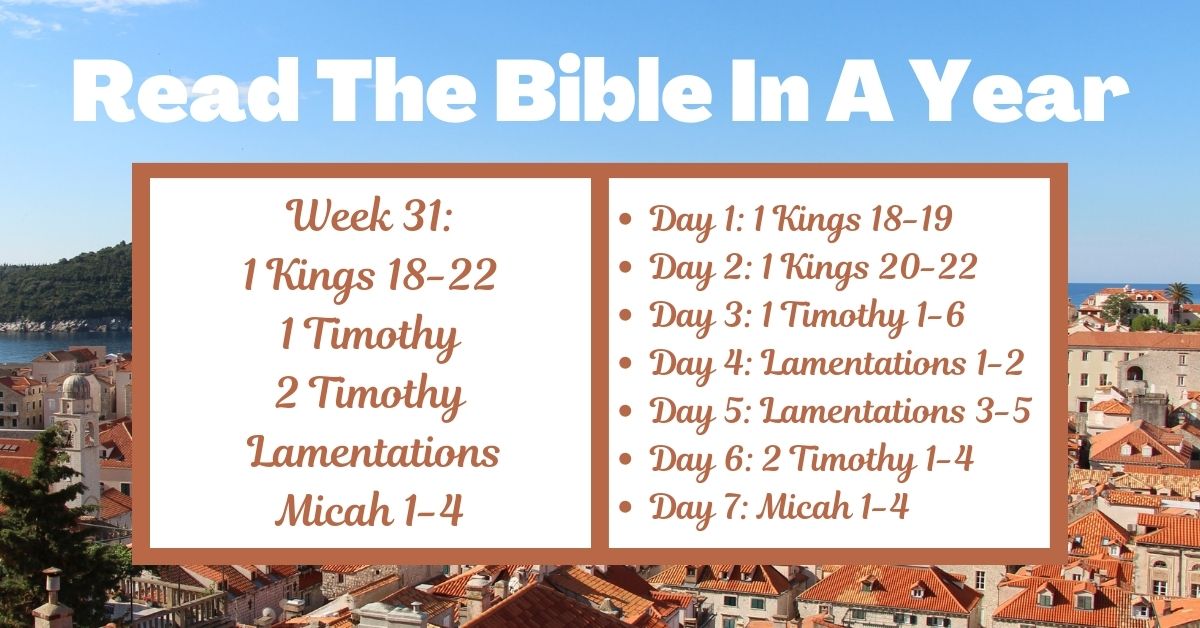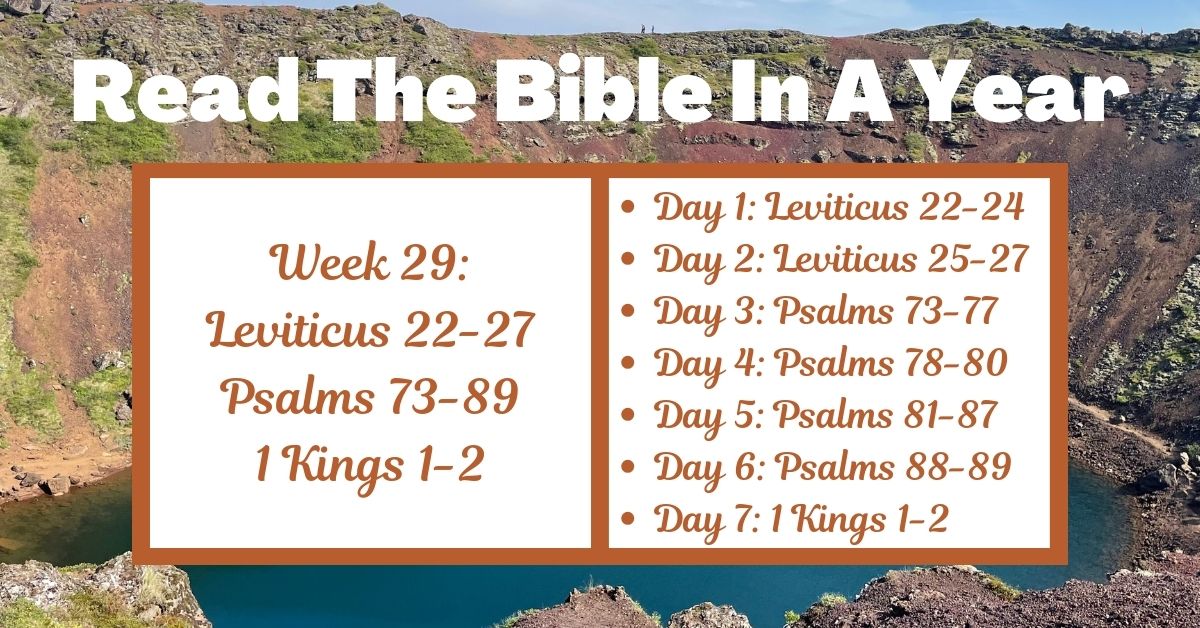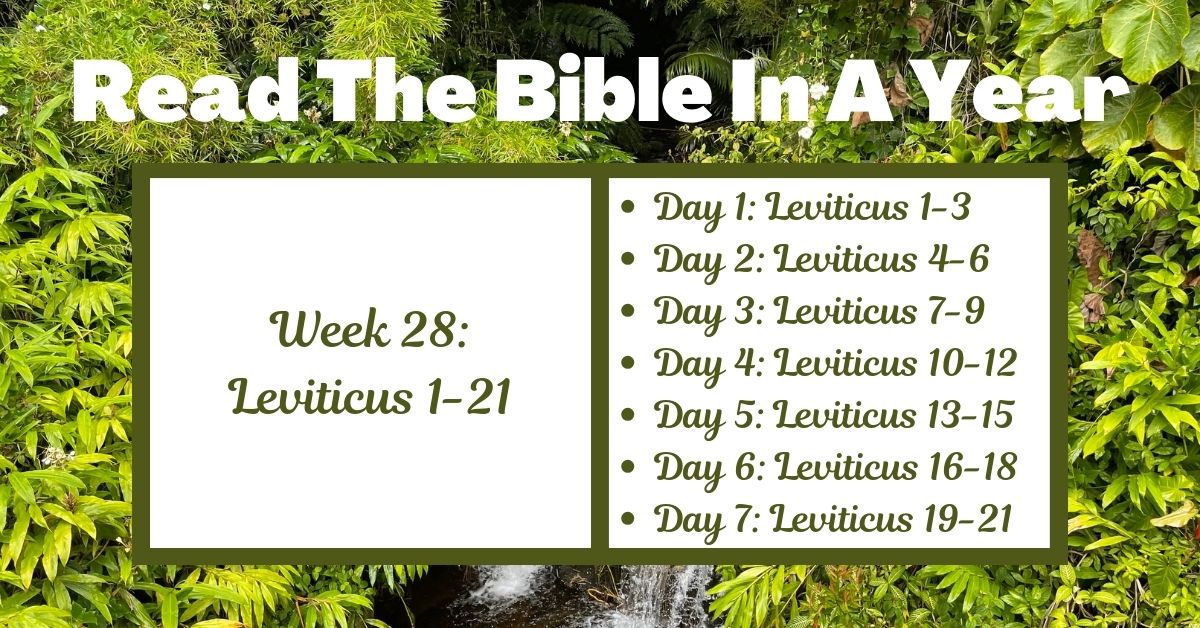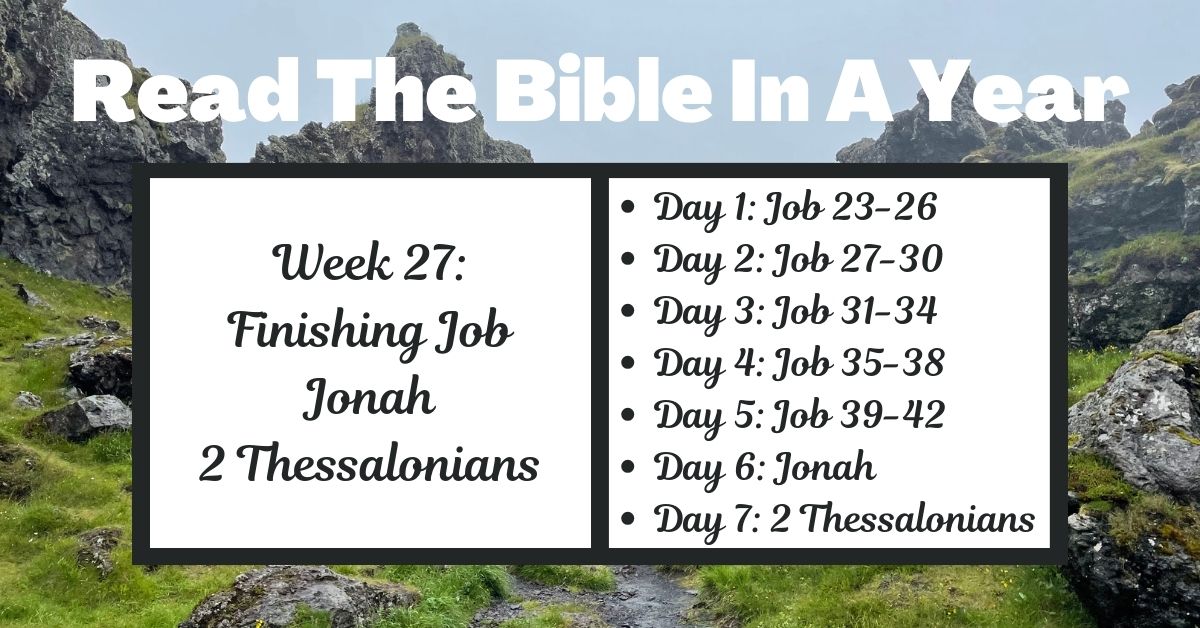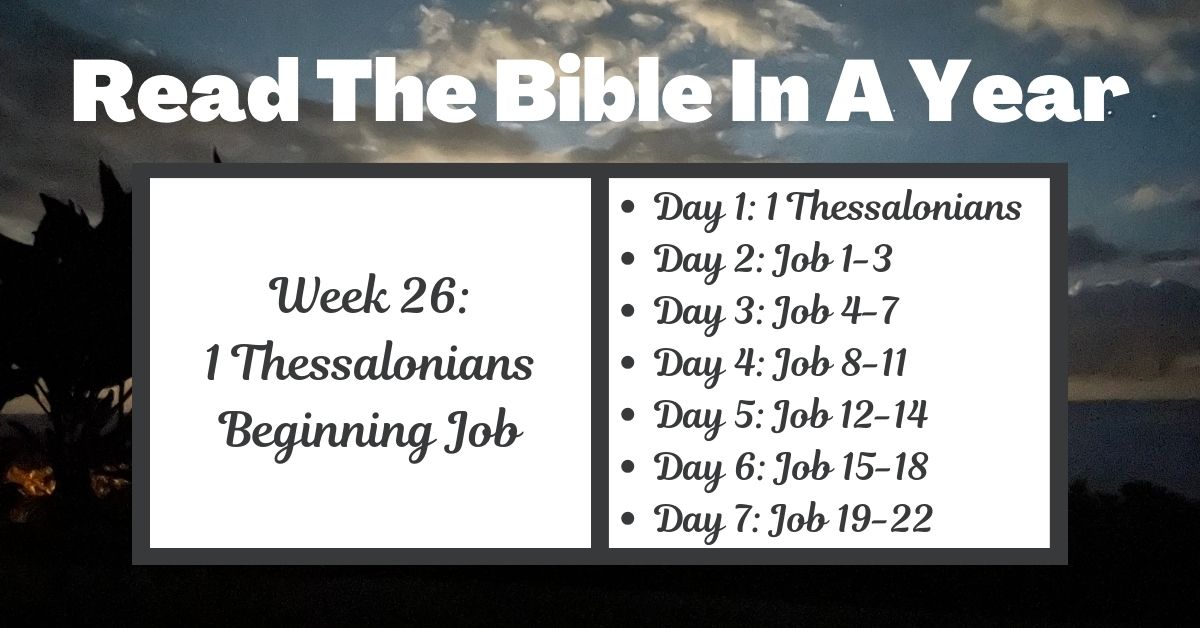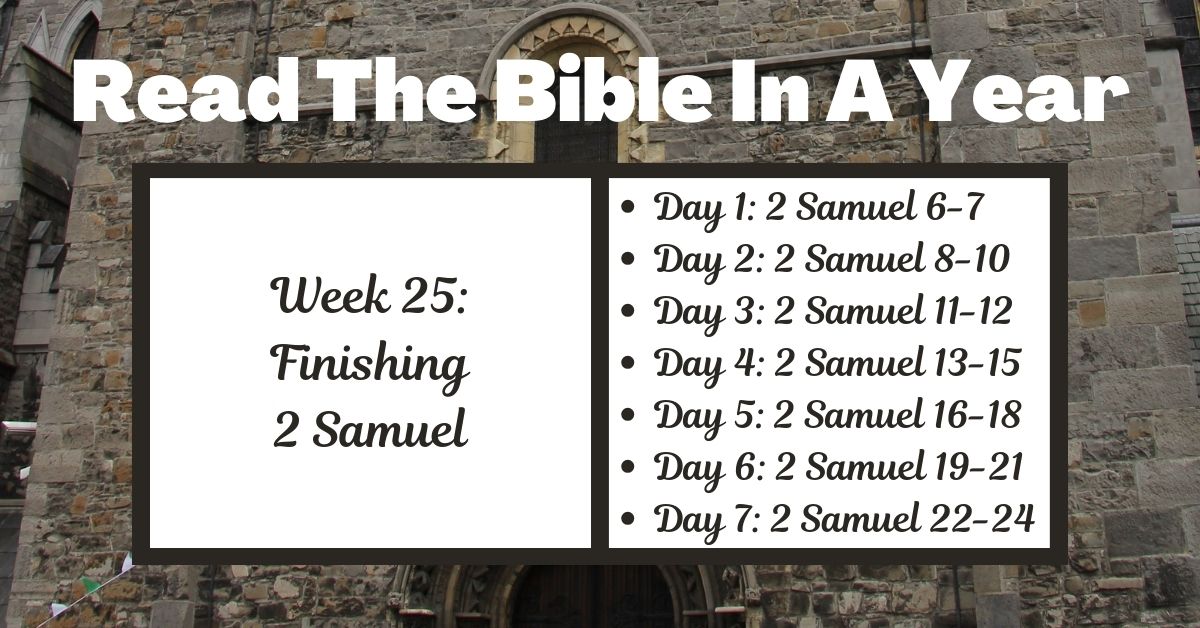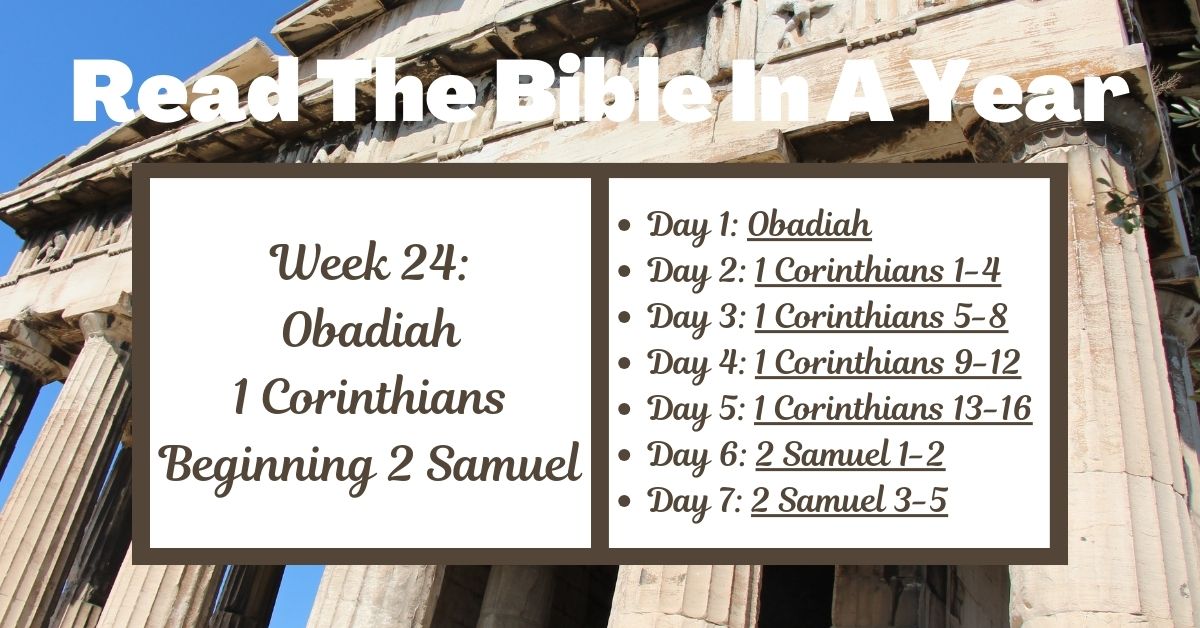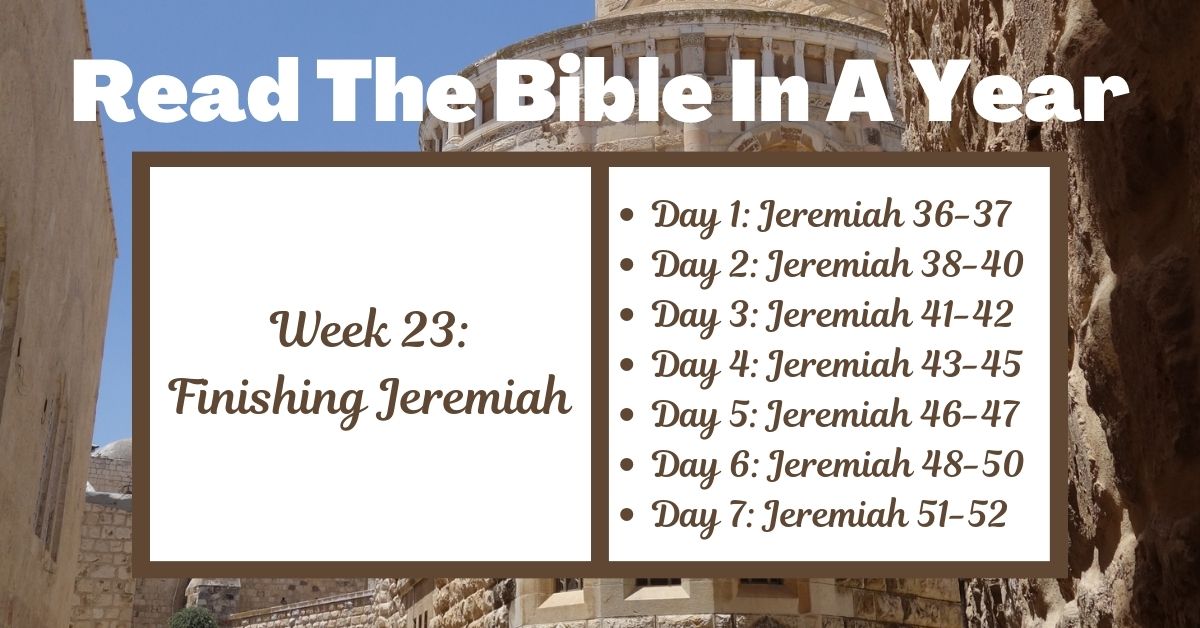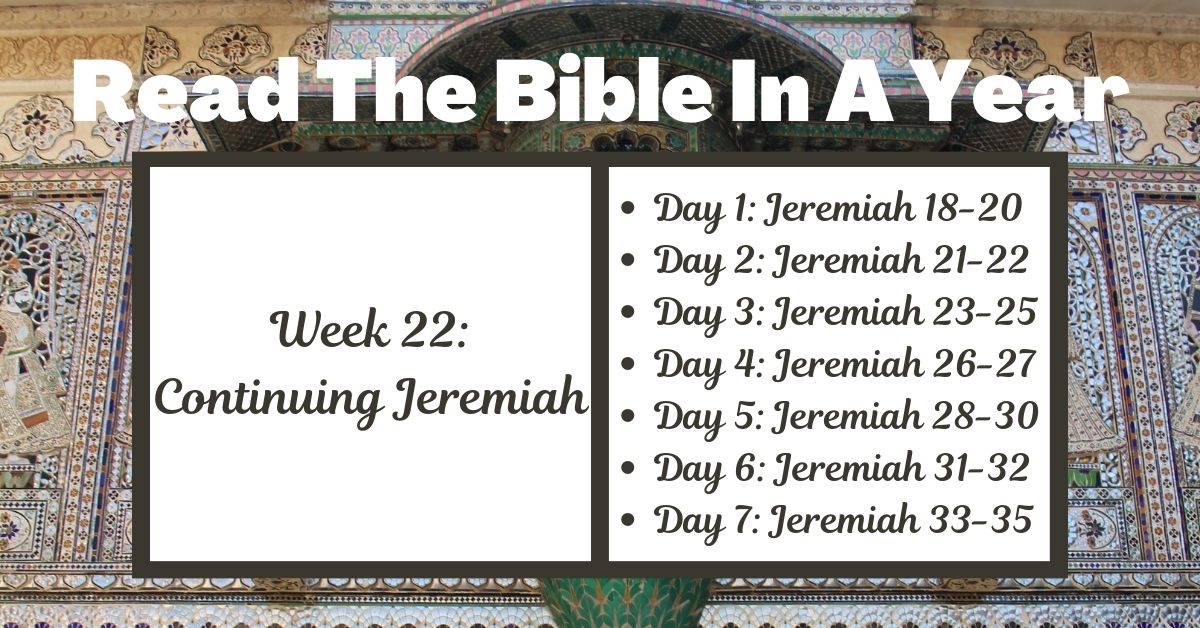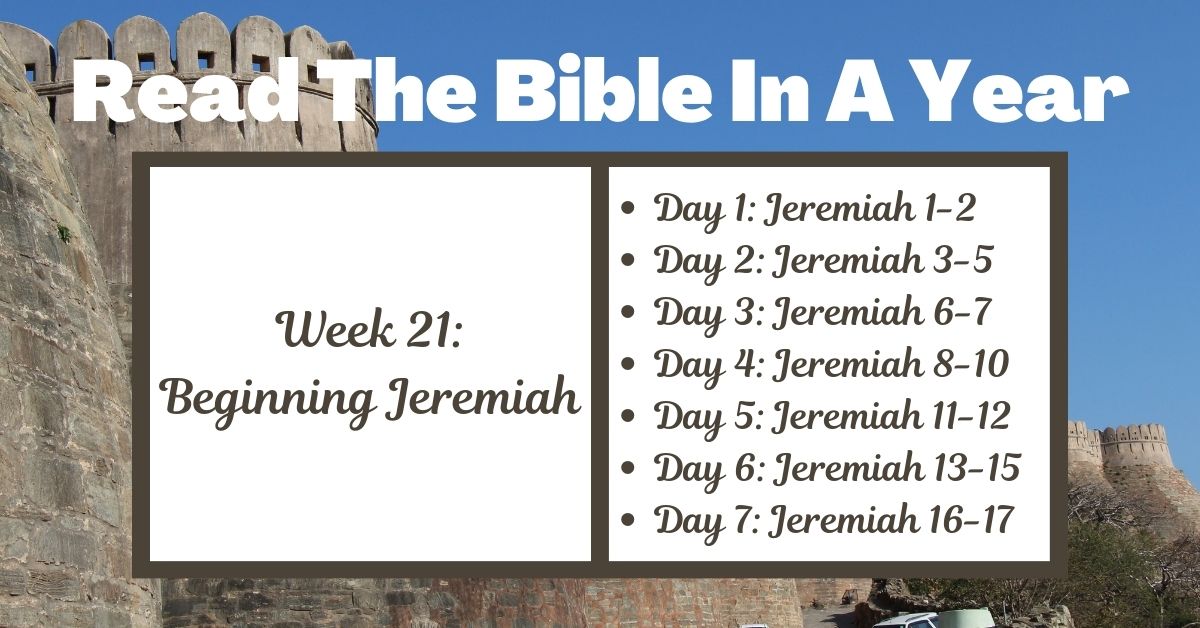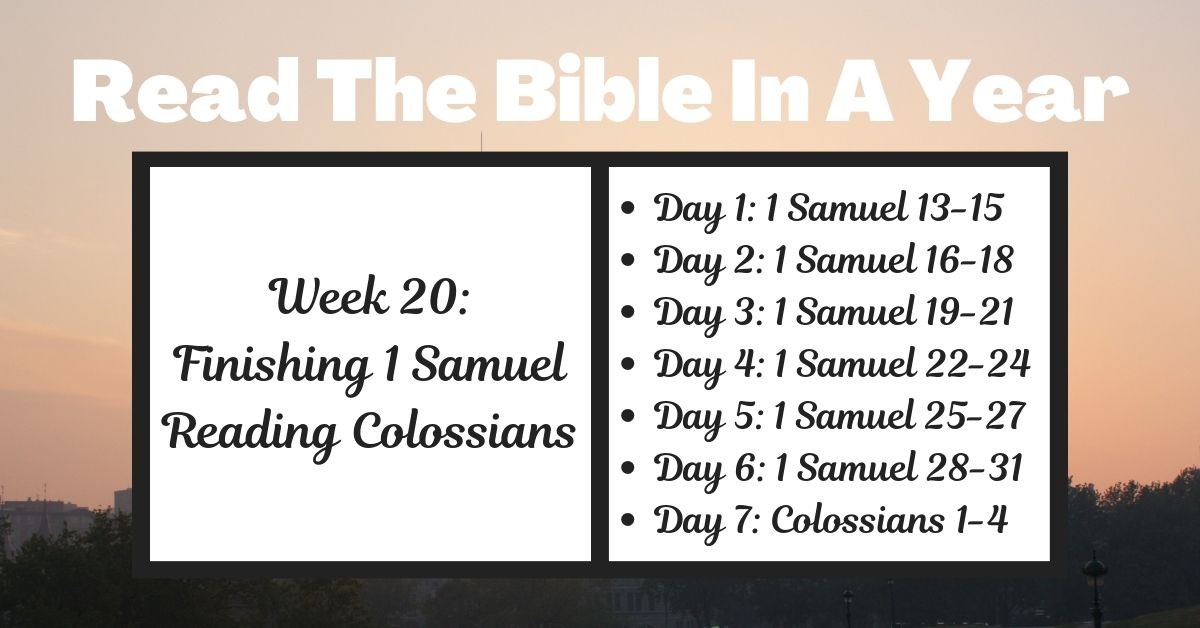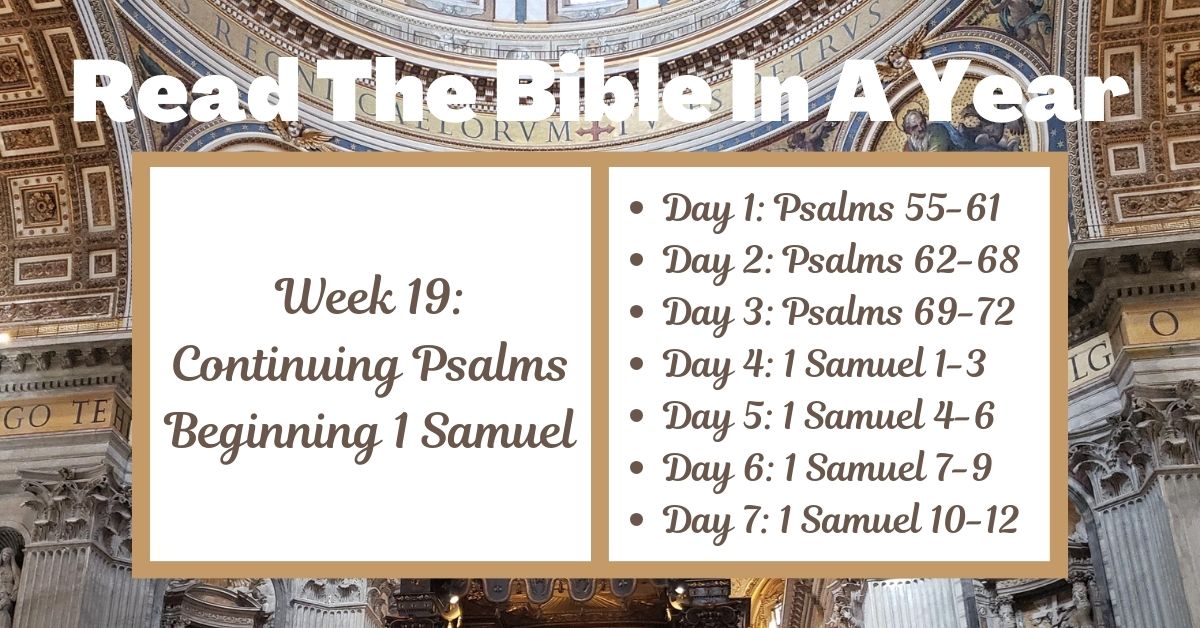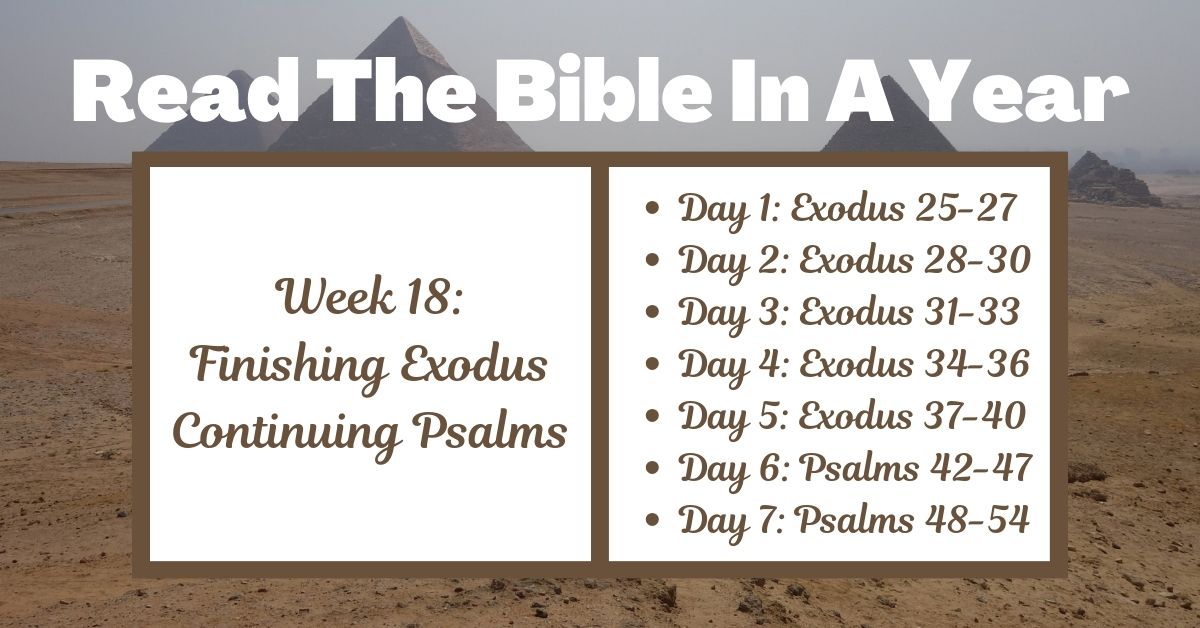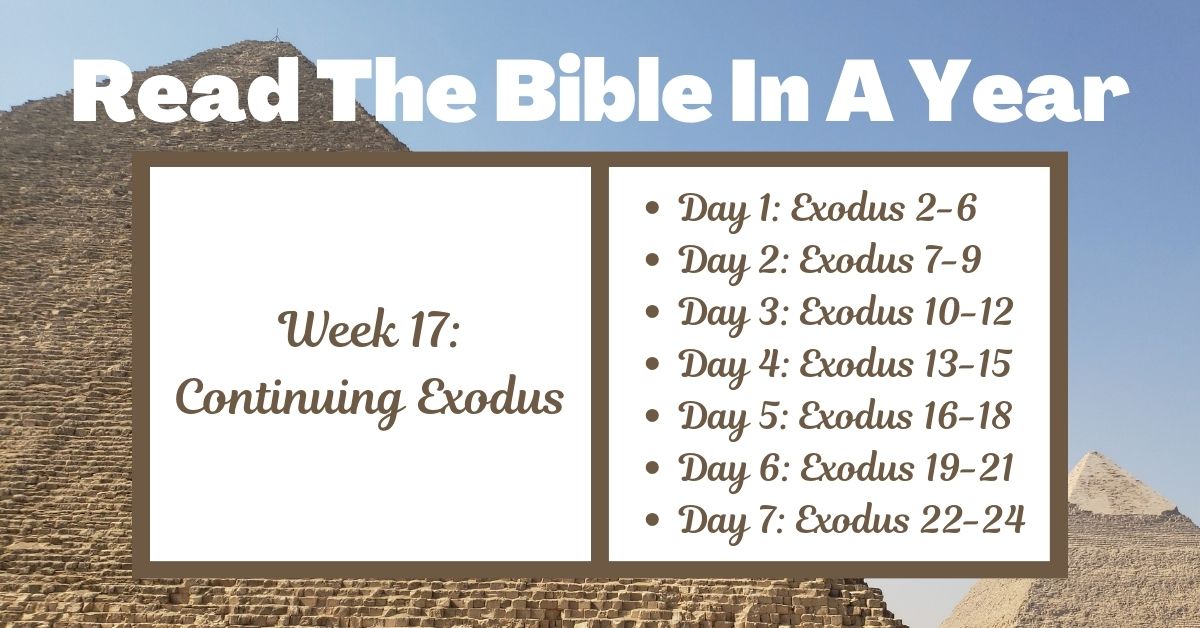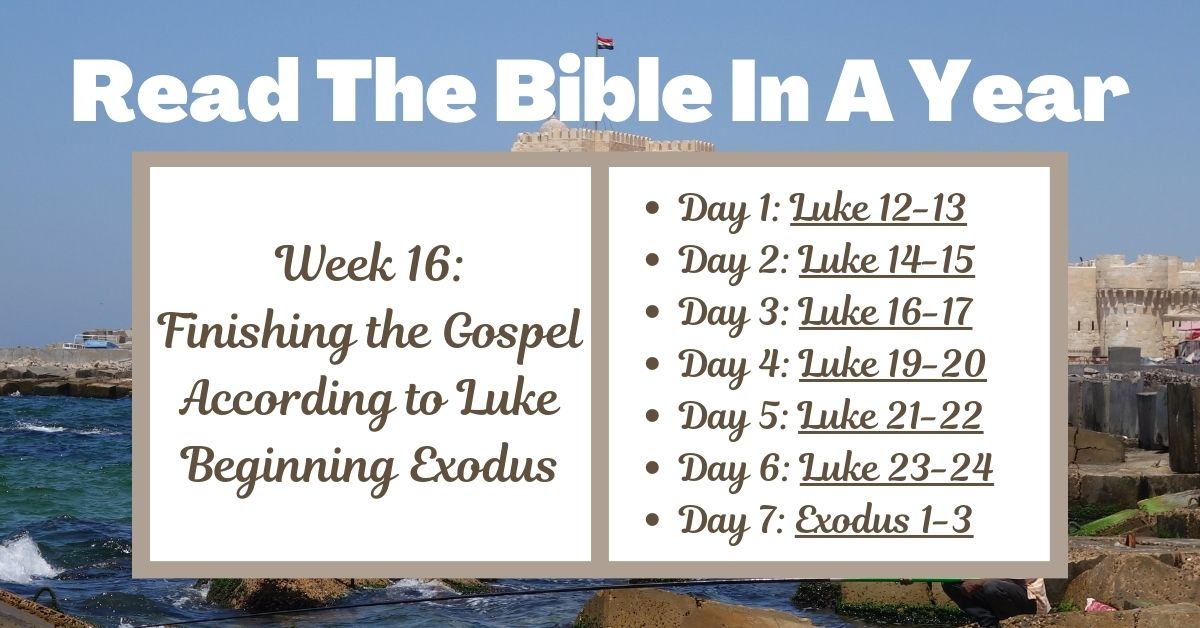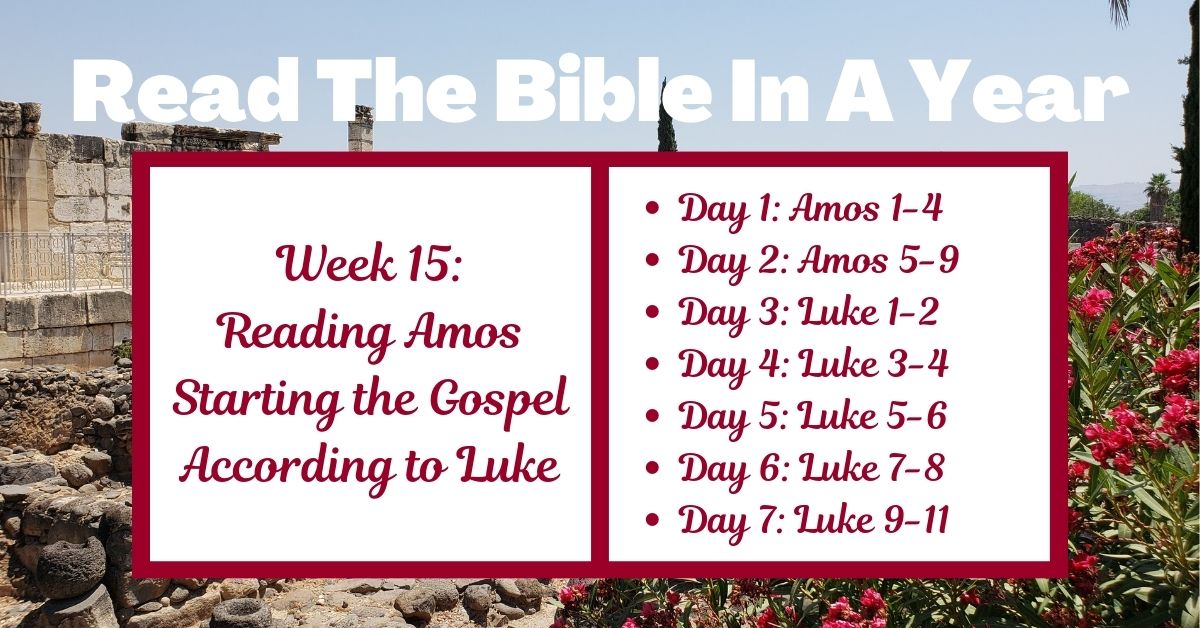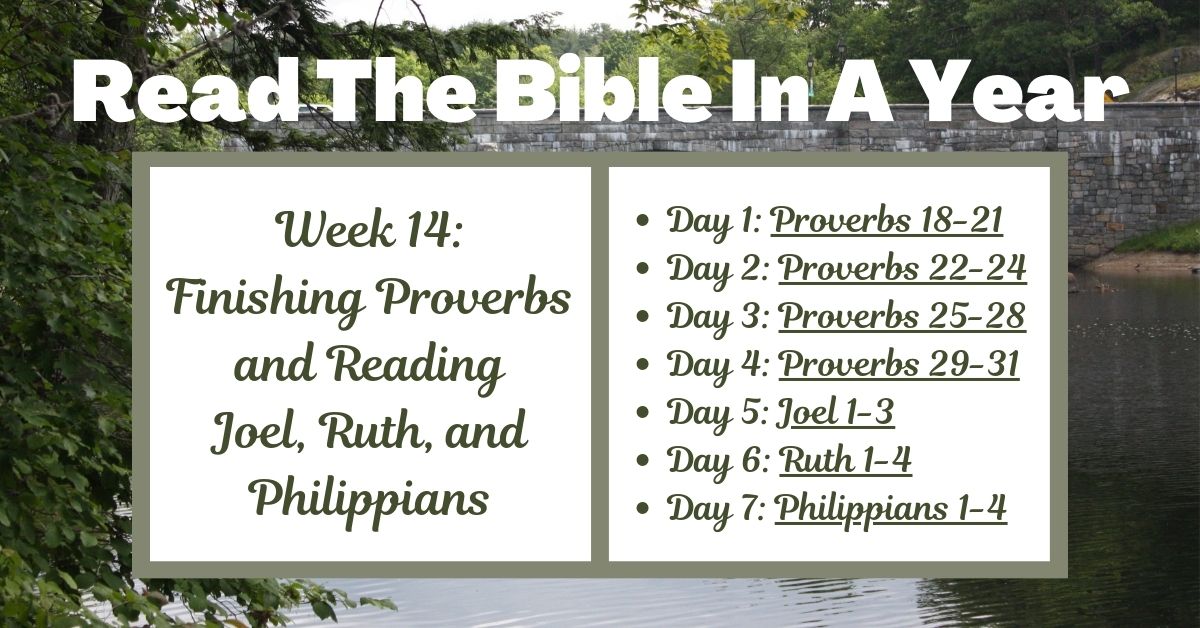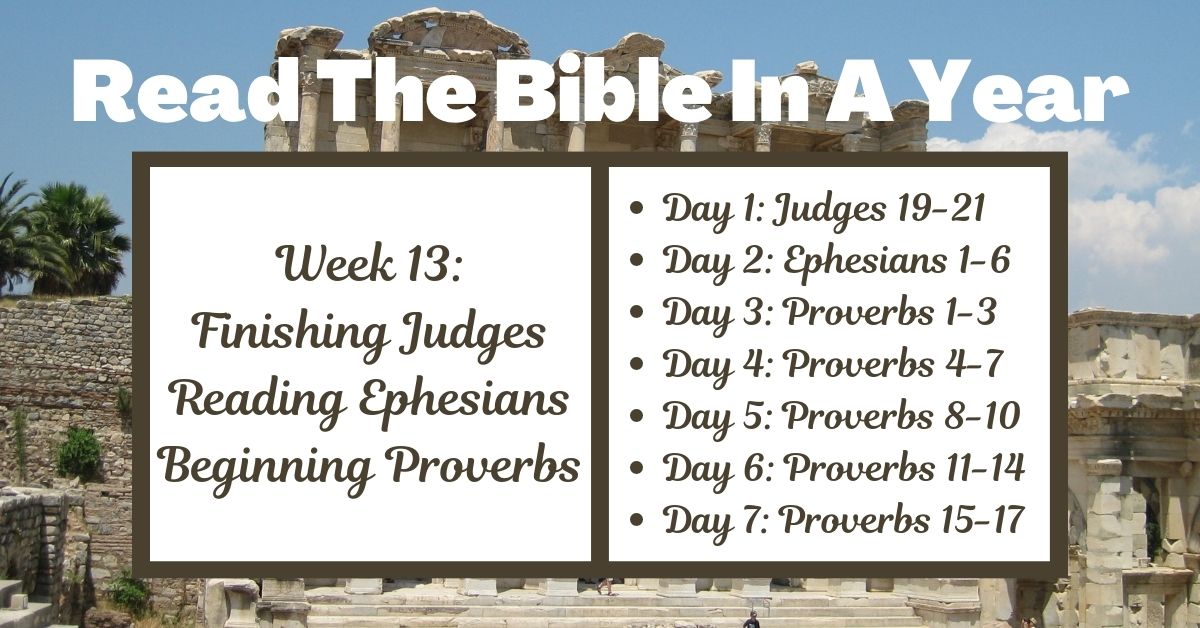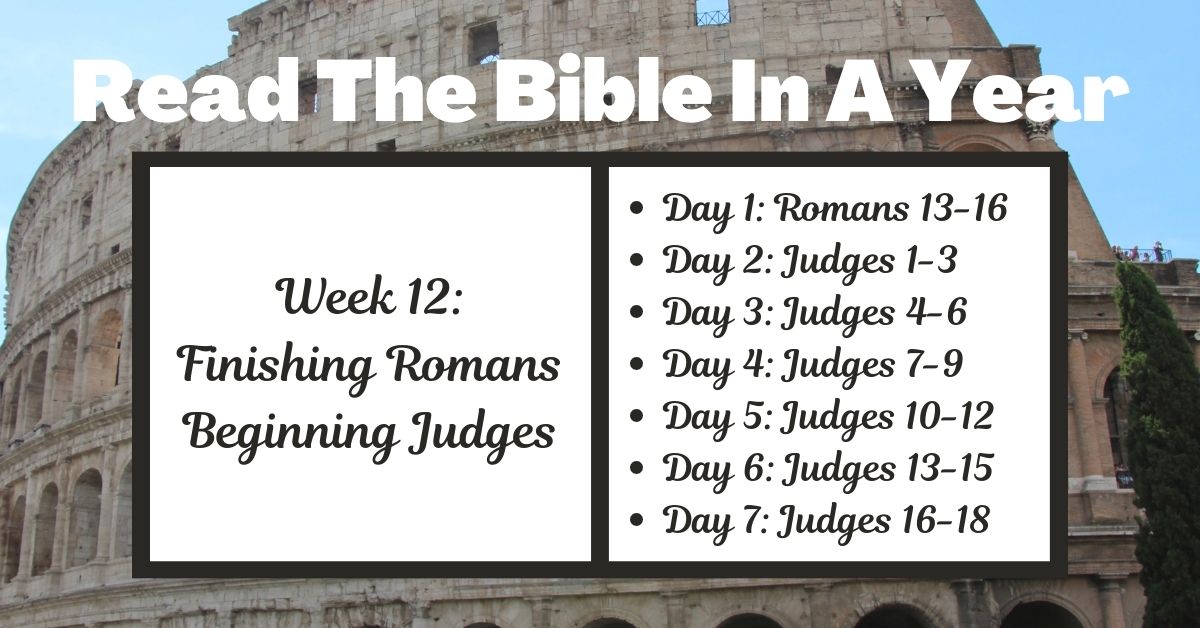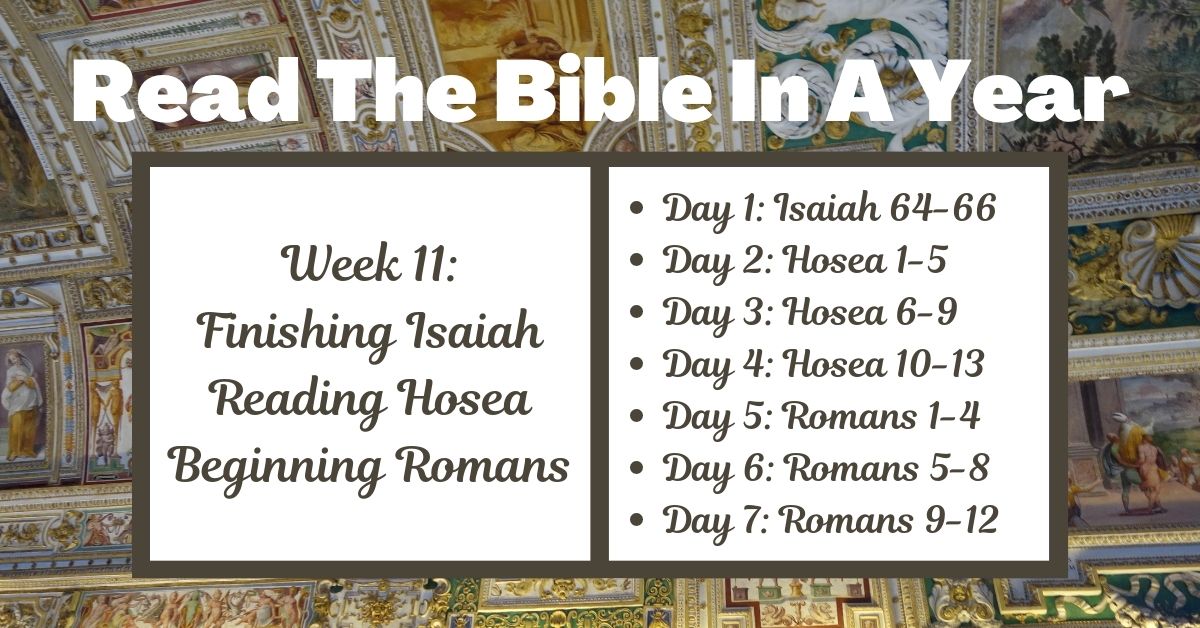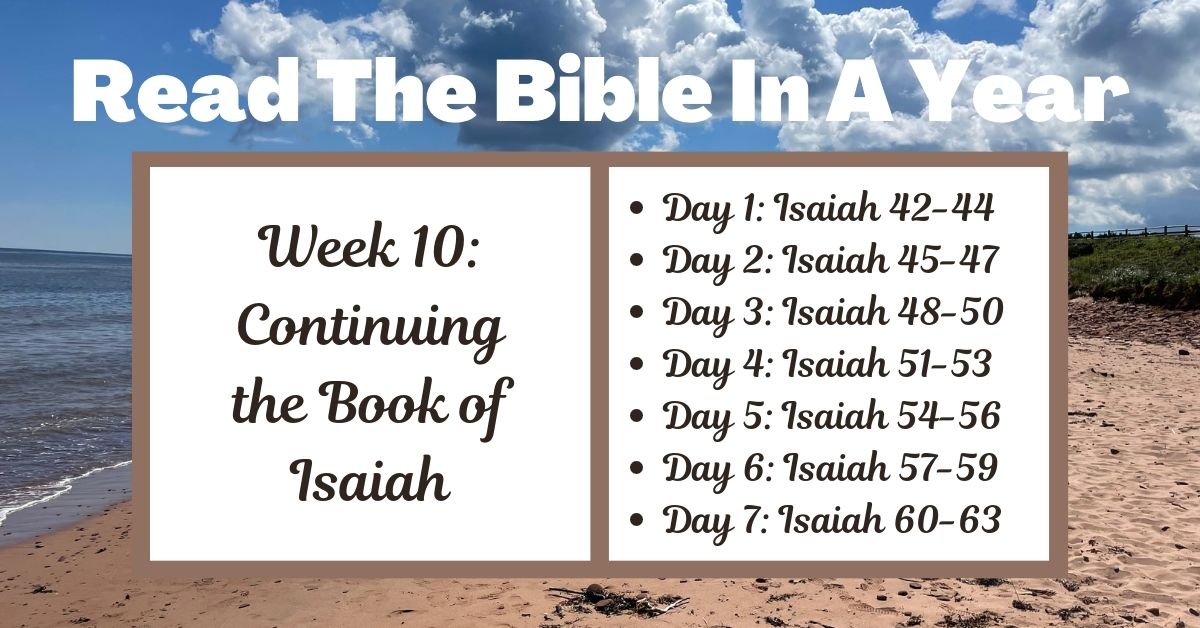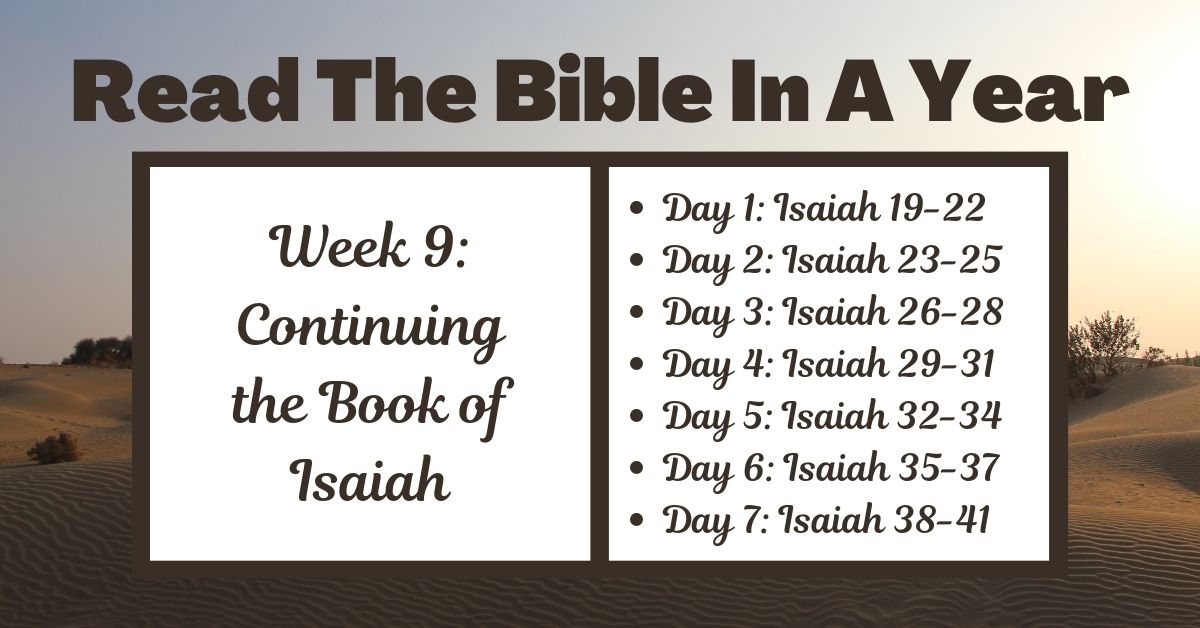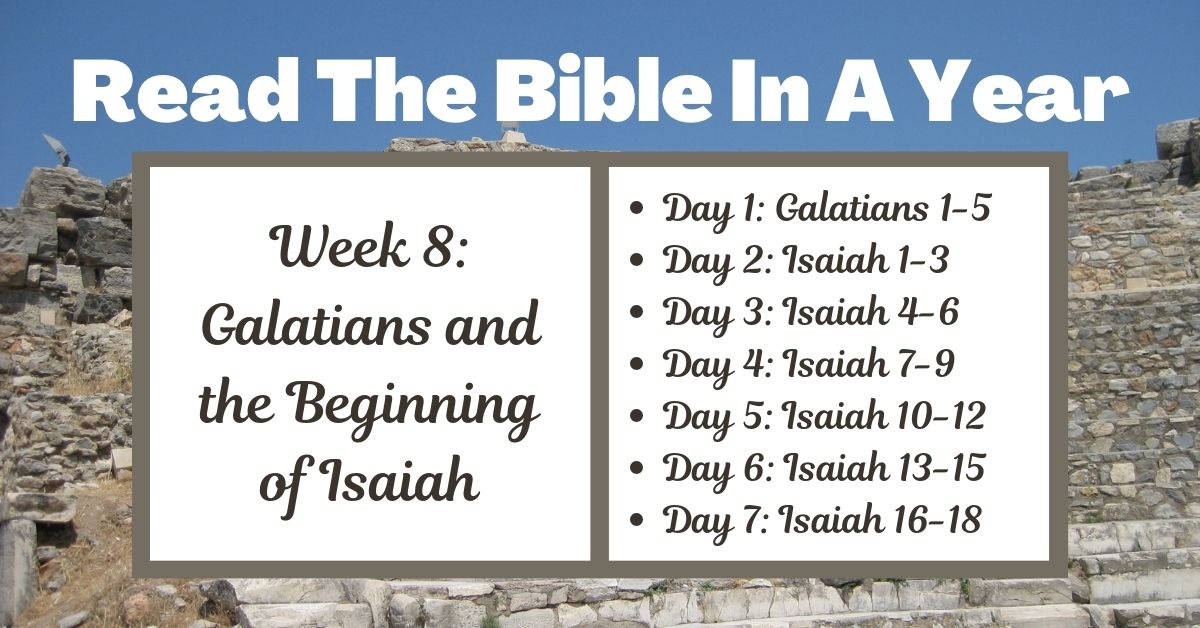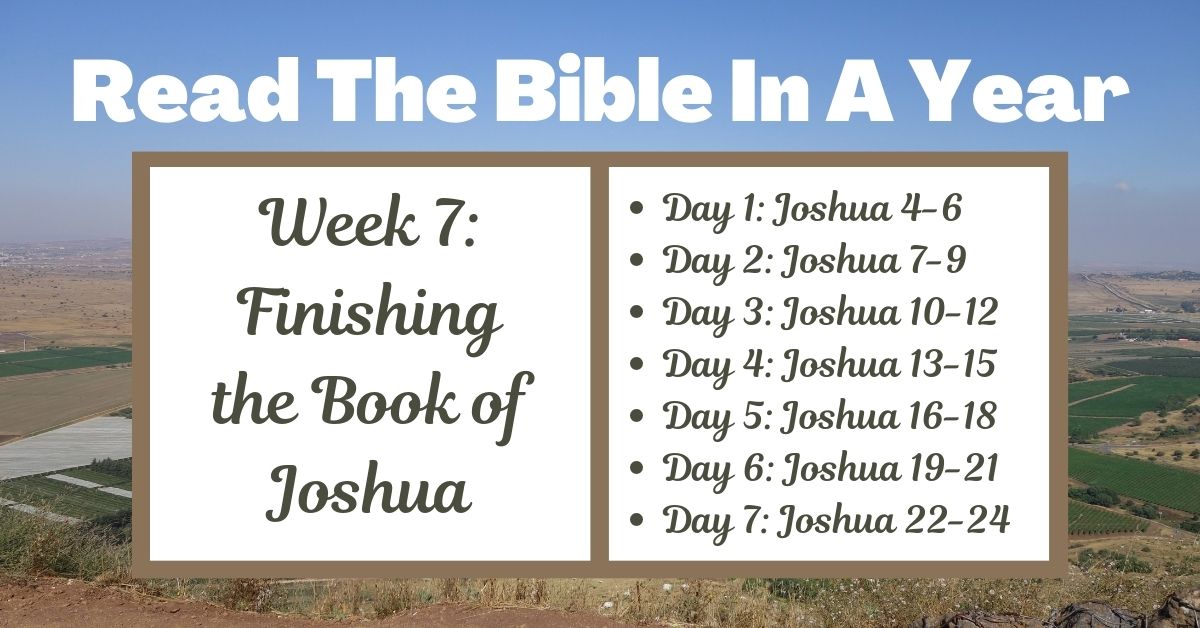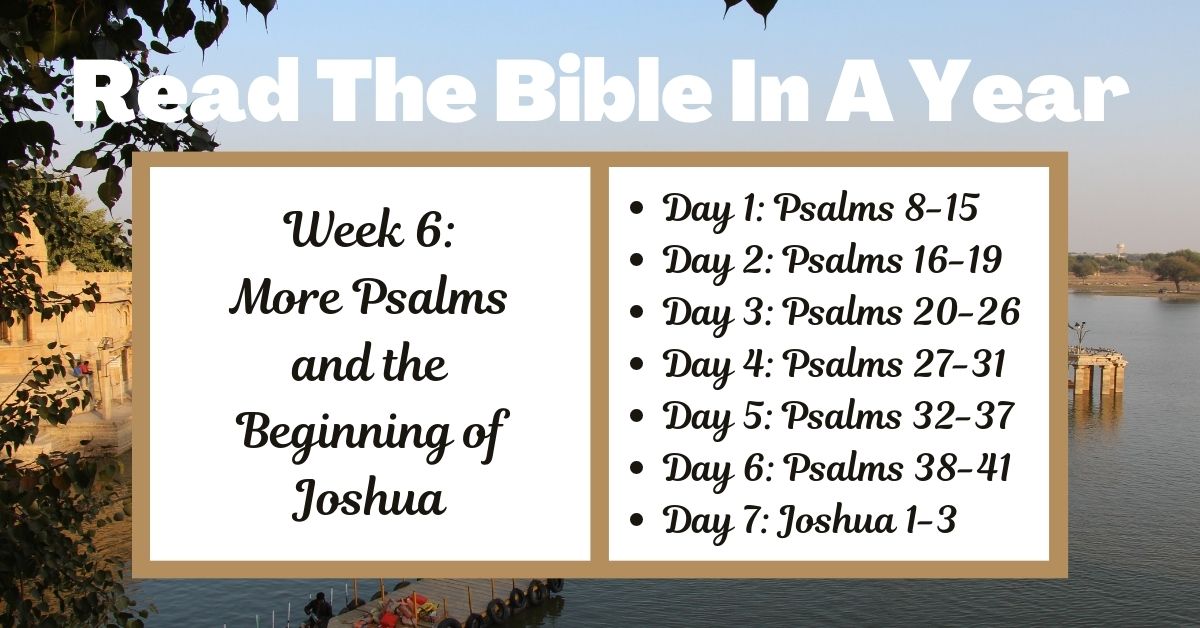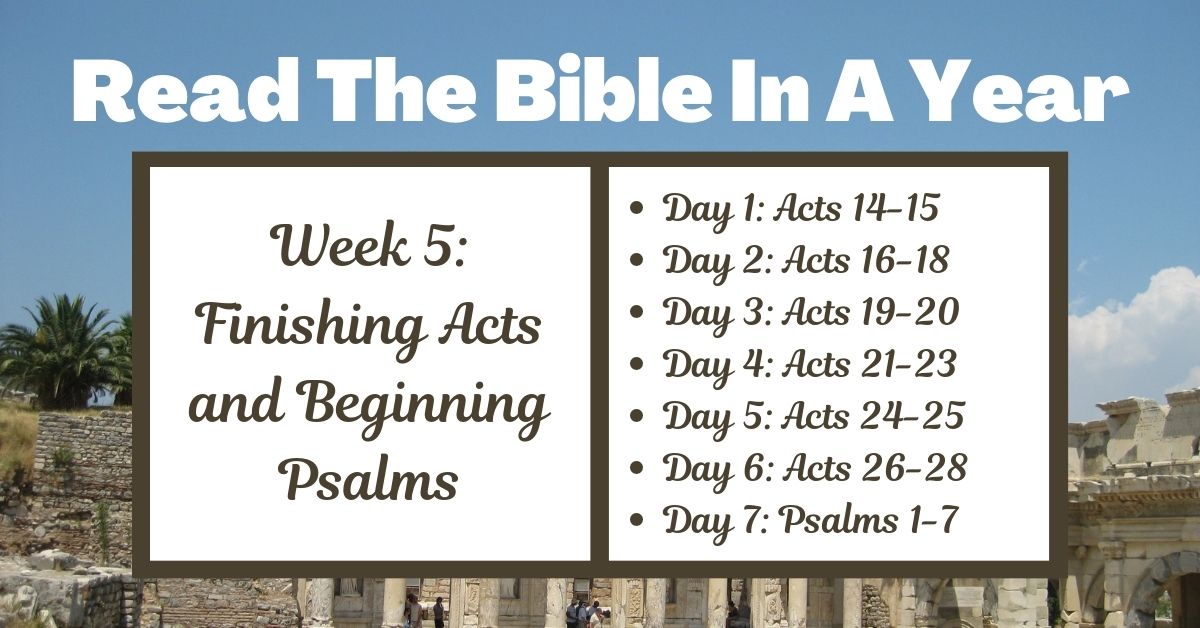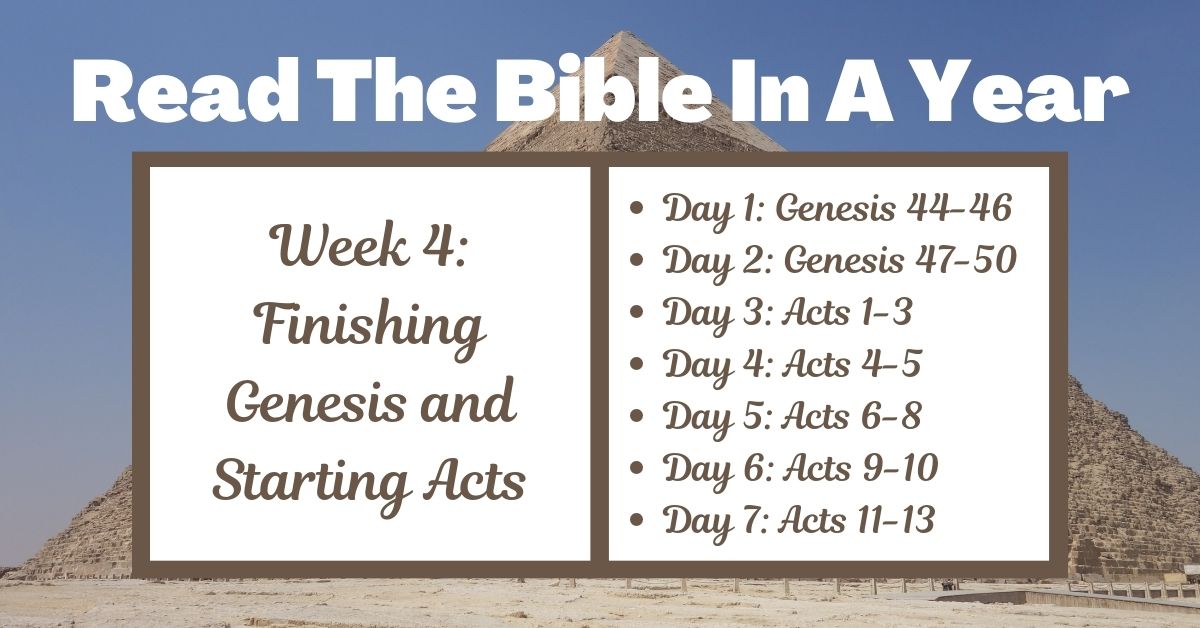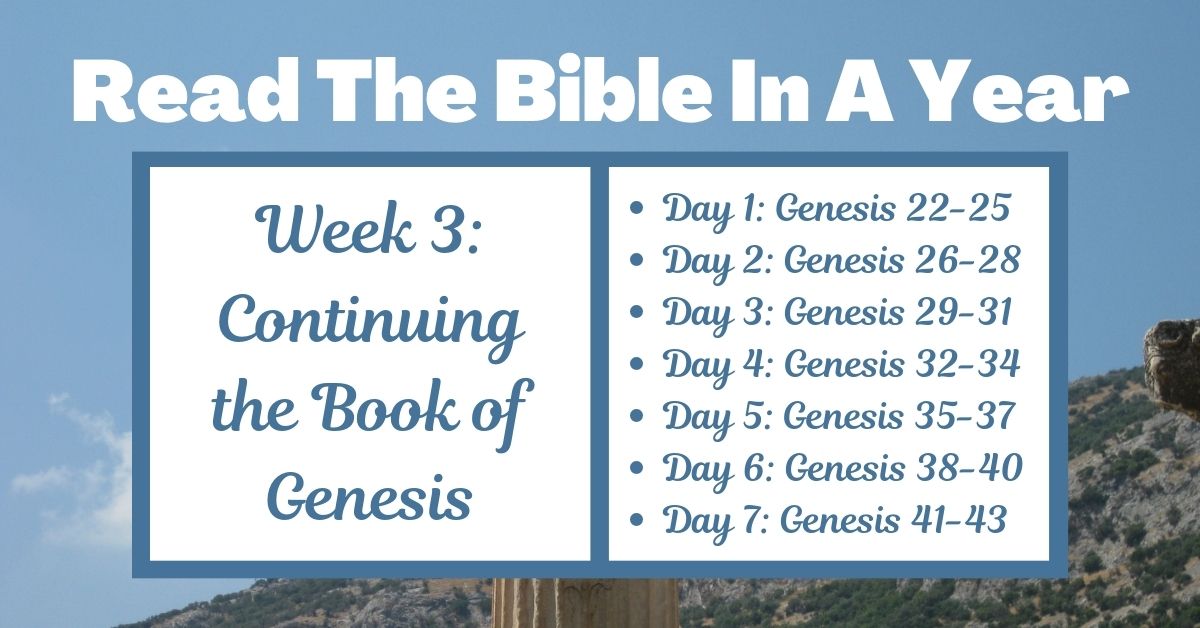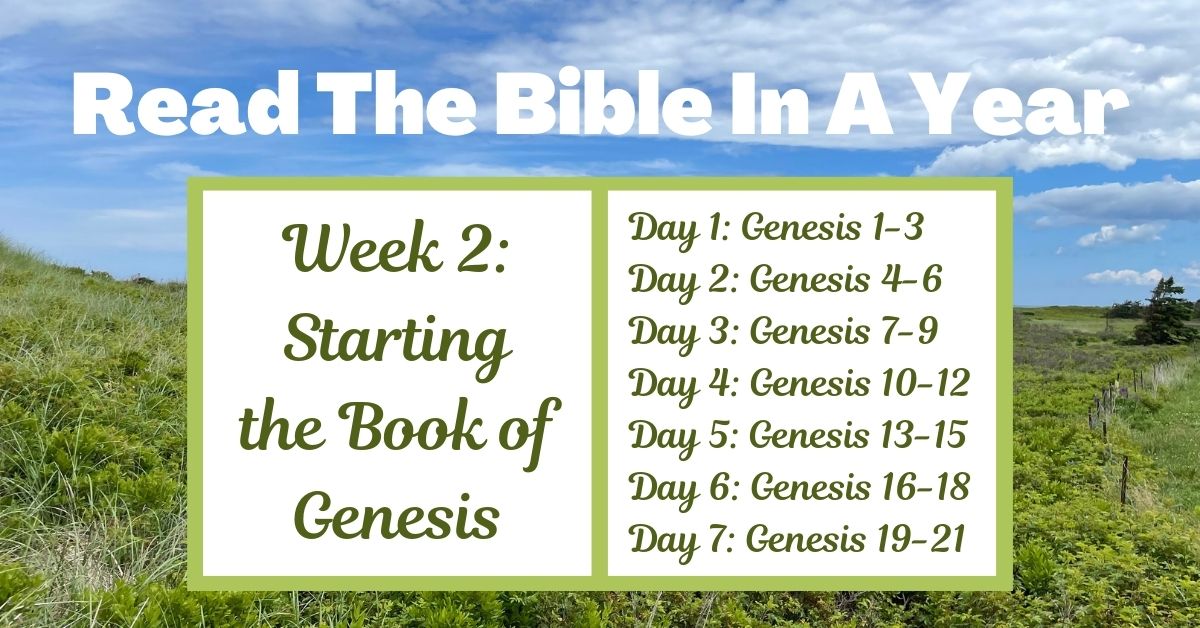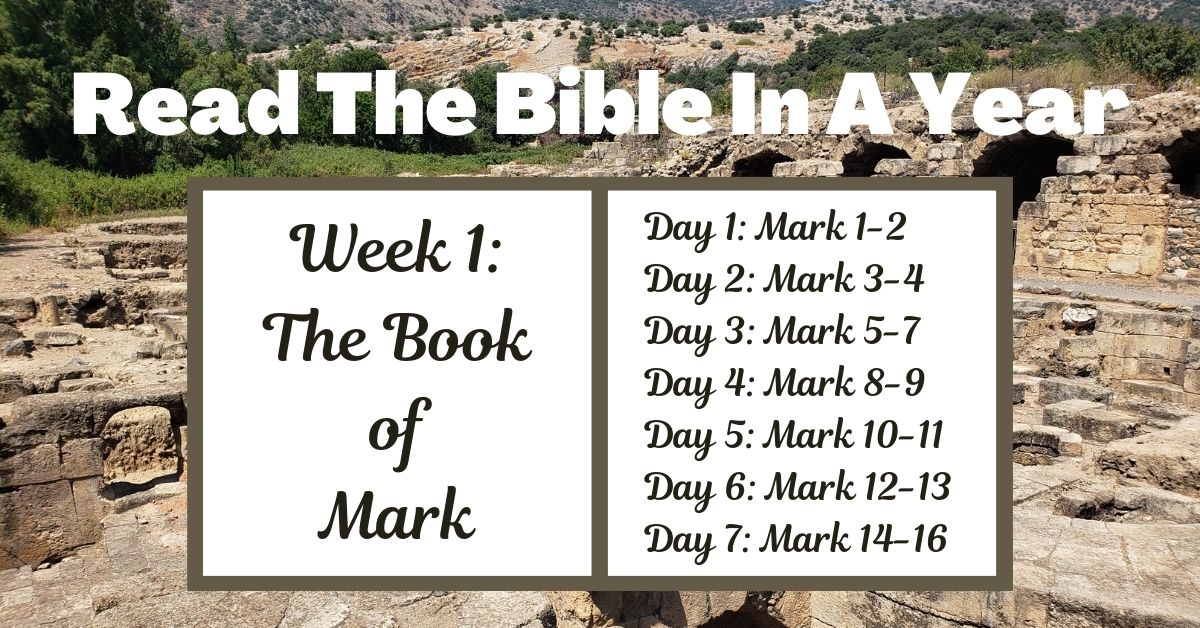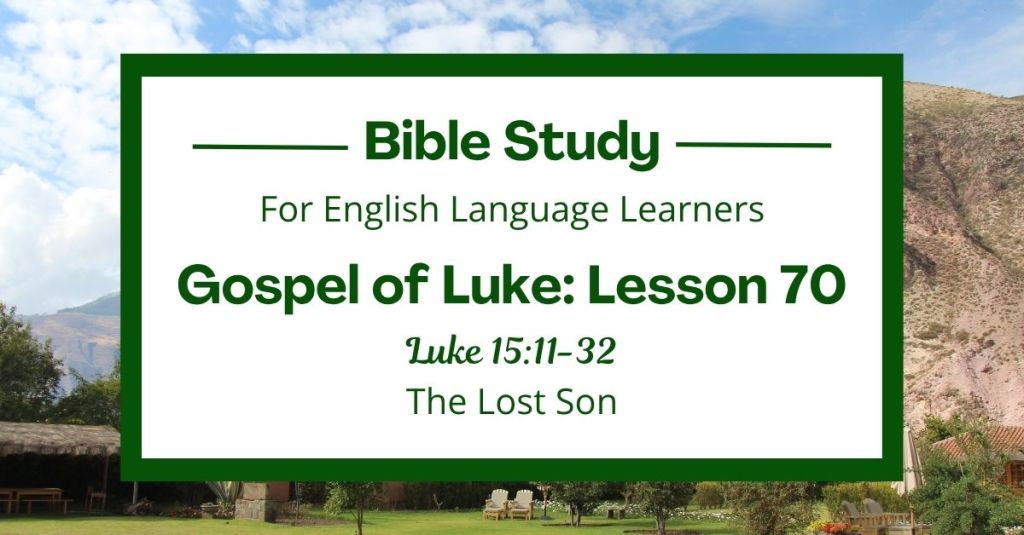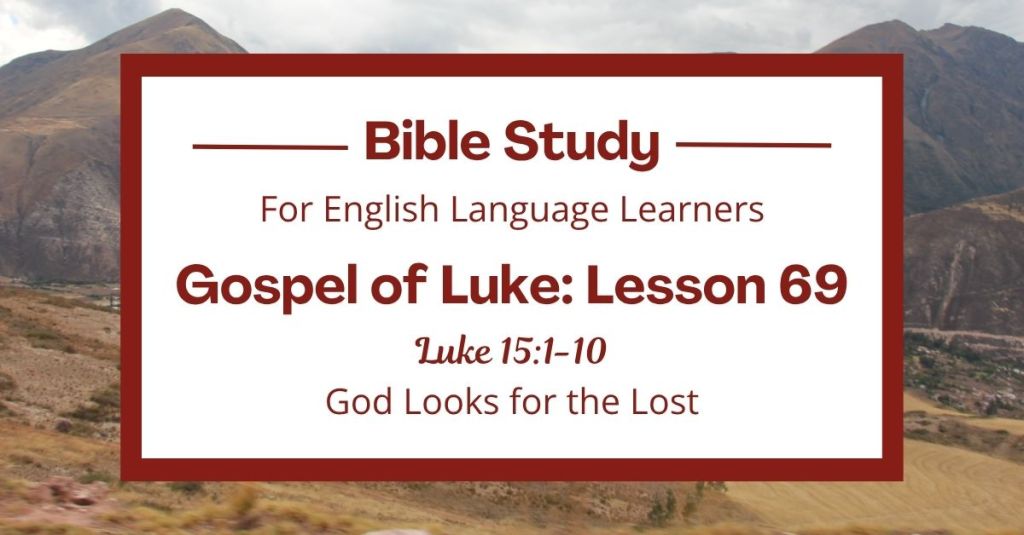The Old Testament book of 1 Kings picks up where 2 Samuel left off. Last week, we read the first two chapters of 1 Kings and witnessed David passing on his throne to his son Solomon.
Once Solomon’s rule was secured, one of Solomon’s first actions as king was to ask God for wisdom, highlighting his great discernment. Pleased with this request, God responds generously, providing far more than Solomon asks. This underscores the lesson that wisdom holds greater value than material gains. While a person can employ wisdom to acquire various things, a foolish individual often finds themselves losing whatever they manage to gain.
As we continue to read through 1 Kings as part of our Bible reading adventure, we will receive many glimpses into Solomon’s wisdom and observe him prioritizing the building of the first temple in Jerusalem. Unfortunately, we will also see that even a very wise person can be entrapped by temptation. In Solomon’s case, he had the ability to have 700 wives and 300 concubines, many of whom worshipped foreign gods. Despite knowing God’s commands to avoid women who did not adhere to the same religion, Solomon did not obey and trouble arose. We will witness God’s anger and punishment that will have a lasting impact on the Israelites.
Shortly after Solomon’s death, the kingdom is divided into the Northern Kingdom (Israel) and the Southern Kingdom (Judah), and we will begin to observe a pattern of poor leadership. Judah performs slightly better than Israel in this regard, but we will see that disregard for God’s laws causes severe problems.
Flexible Plan: Reading for Week 30
If you are following the flexible plan for reading the Bible in a year, here is your reading assignment. You can break up the reading however you like throughout the week!
- Passage 1: 1 Kings 3-17
Printable Resource: Bible in a Year Reading Plan: Weekly Assignments
7-Day Reading Assignment: Week 30
If you like to be more organized, the weekly assignment can be broken into seven sections:
- Day 1: 1 Kings 3-4
- Day 2: 1 Kings 5-6
- Day 3: 1 Kings 7-8
- Day 4: 1 Kings 9-11
- Day 5: 1 Kings 12-13
- Day 6: 1 Kings 14-15
- Day 7: 1 Kings 16-17
Printable Resource: Bible in a Year Reading Plan: Daily Assignments
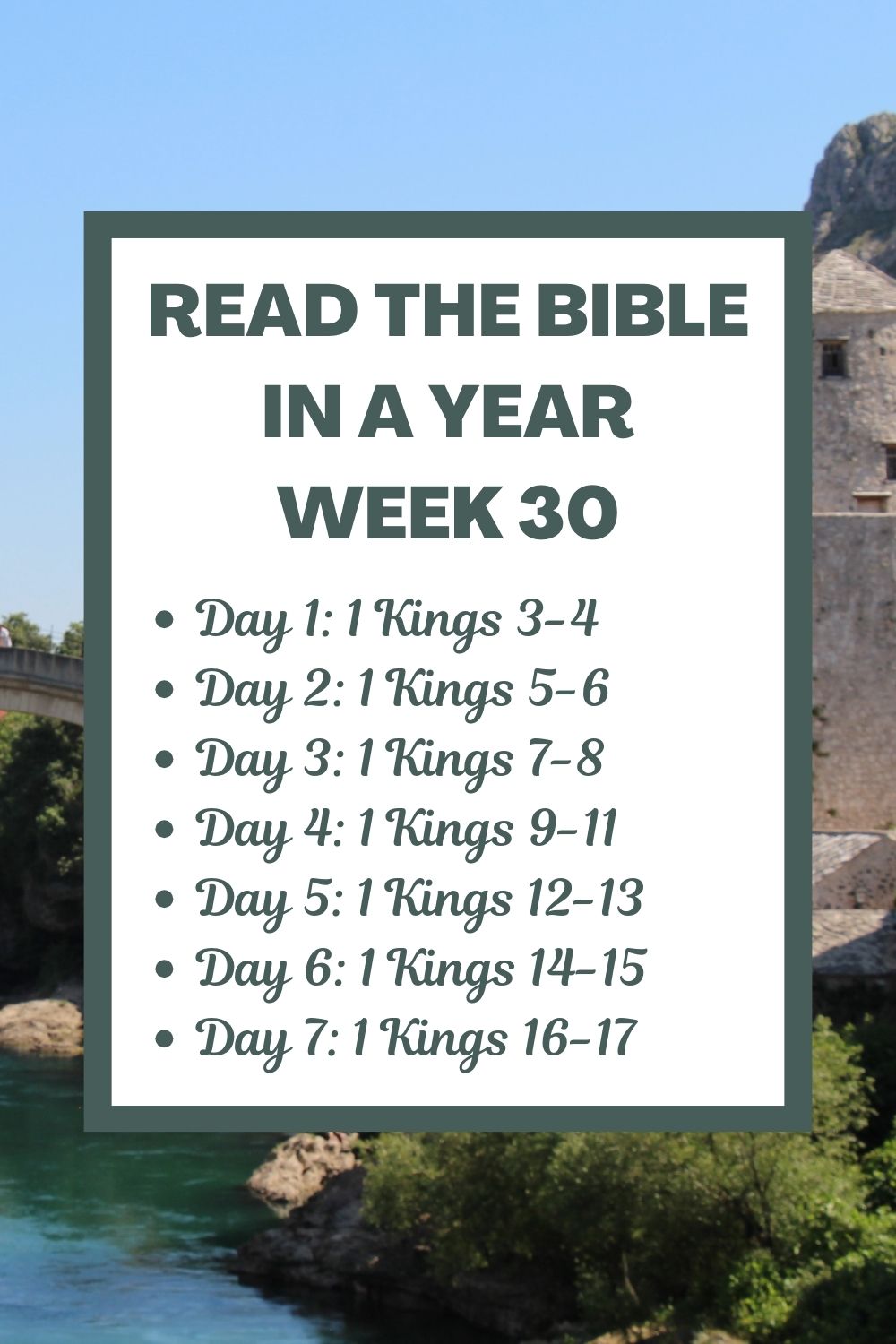
5-Day Reading Assignment: Week 30
Or if you know that you are likely to miss a day or two of reading, the weekly assignment can be broken into five sections:
- Day 1: 1 Kings 3-5
- Day 2: 1 Kings 6-8
- Day 3: 1 Kings 9-11
- Day 4: 1 Kings 12-14
- Day 5: 1 Kings 15-17
Printable Resource: Bible in a Year Reading Plan: 5 Days/Week Assignments
Reflection Questions
As you read through 1 Kings, consider the following reflection questions.
- What significance do you find in Solomon’s request for wisdom?
- How does God’s generous response to Solomon’s request shape your understanding of the value of wisdom?
- Reflect on a situation in your life where making wise choices resulted in positive outcomes. Consider this in contrast to scenarios where potential foolish decisions might have led to different consequences.
- In what ways does Solomon’s prioritization of building the first temple in Jerusalem reflect his wisdom?
- How do Solomon’s challenges in resisting temptation, especially in the realm of his relationships, mirror the difficulties you encounter in staying true to your values and beliefs?
- What lessons can be drawn from Solomon’s experience regarding the potential consequences of disregarding God’s commands?
- Reflect on instances in the text where the theme of leadership, both good and bad, is evident. How does this influence your perception of effective leadership and the impact it can have on a community or society?
- Considering the division of the kingdom into Northern and Southern Kingdoms, what insights can be gained about the consequences of societal and political divisions?
- In what ways does the text highlight the interplay between wisdom, leadership, and adherence to God’s laws in shaping the destiny of a nation?
- Reflect on the lasting impact of God’s anger and punishment on the Israelites after Solomon’s disobedience. How do you reconcile the concept of divine consequences with your understanding of justice and mercy?
Related Resources
If you enjoyed this post and wish to receive more Christian content, feel free to subscribe to my newsletters!
Visit the Joyful Moments in Christ homepage for all posts, or scroll through other blog posts related to reading the Bible in a year:
